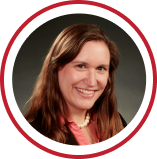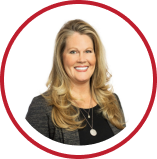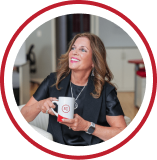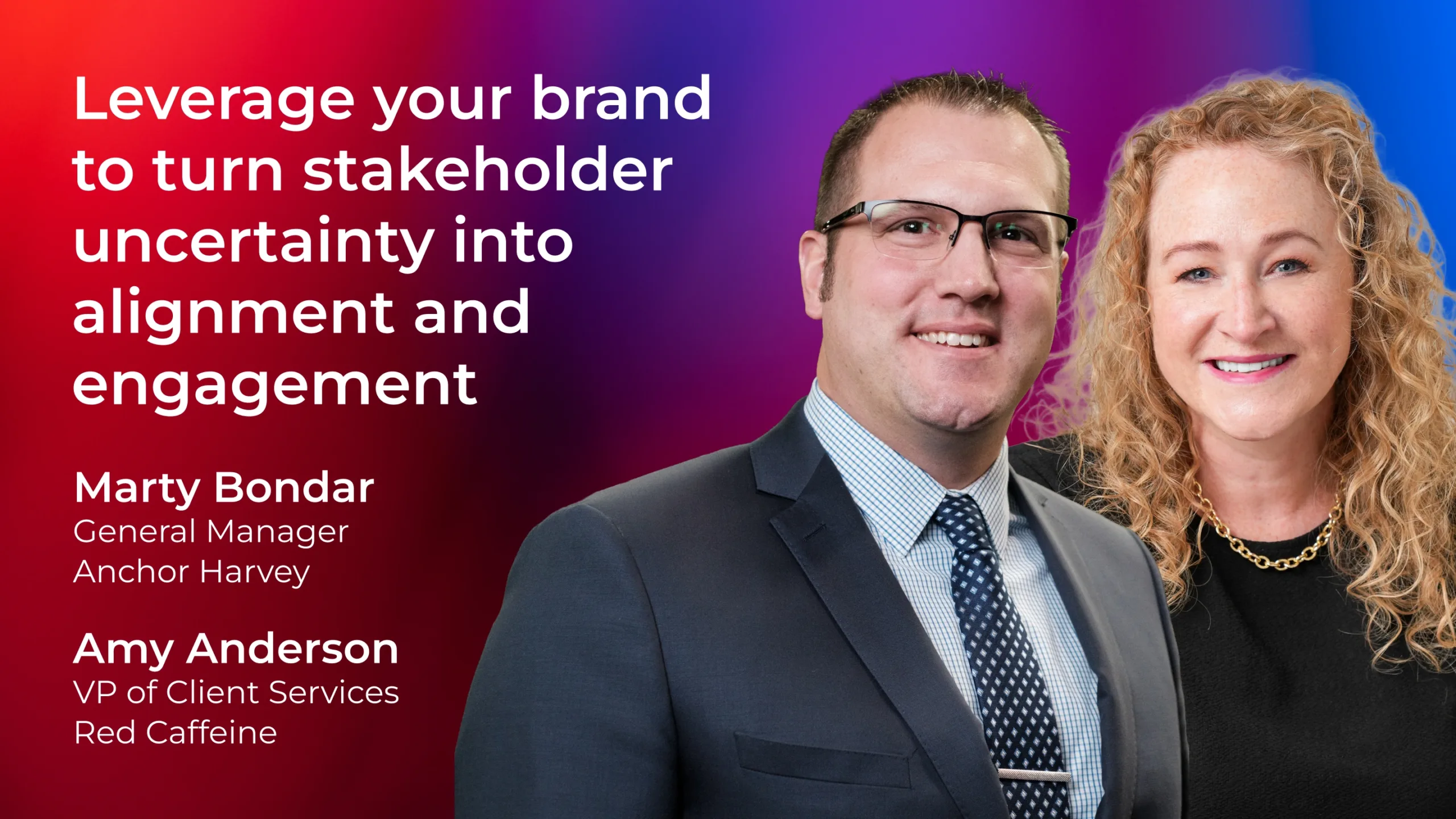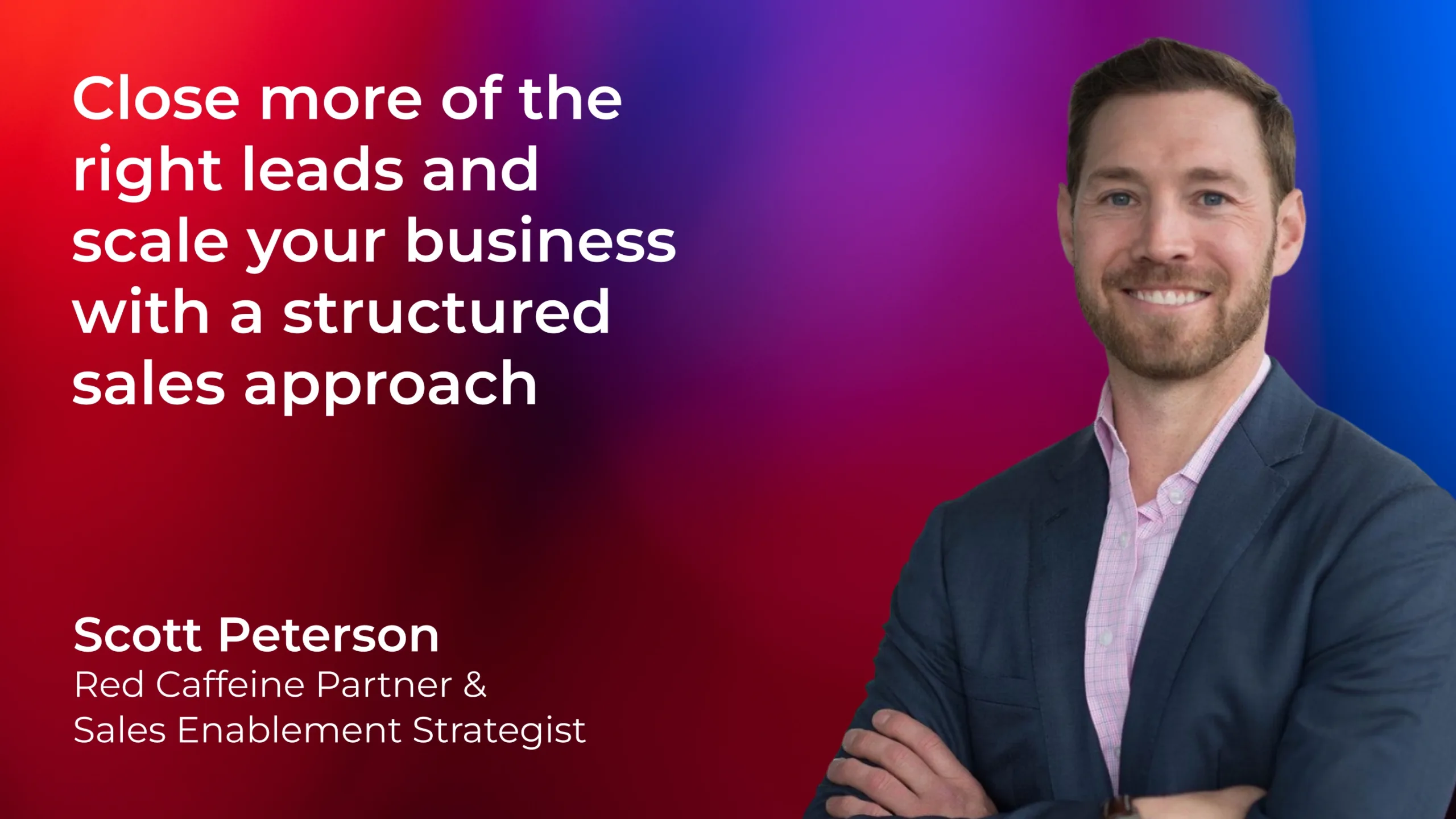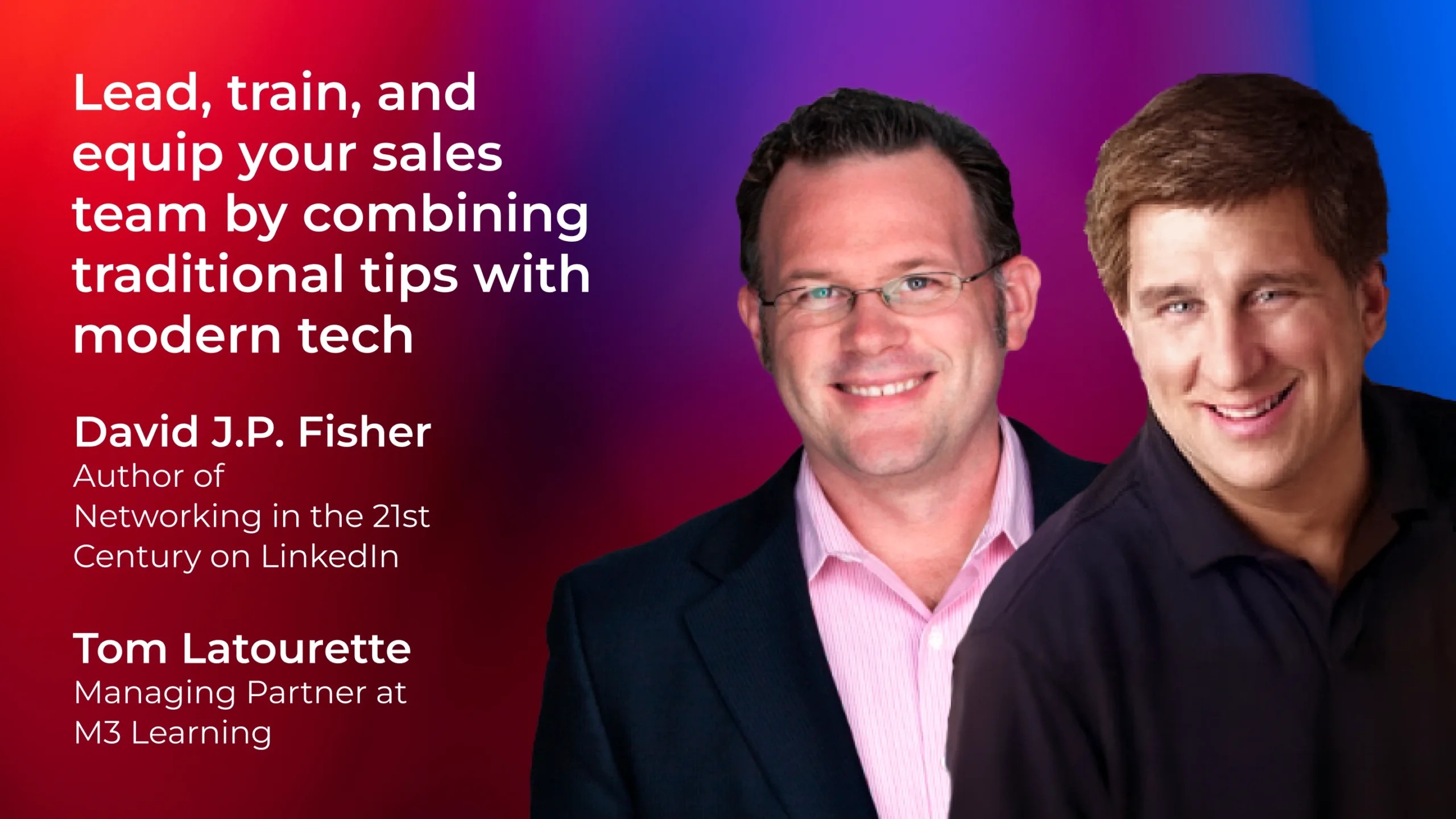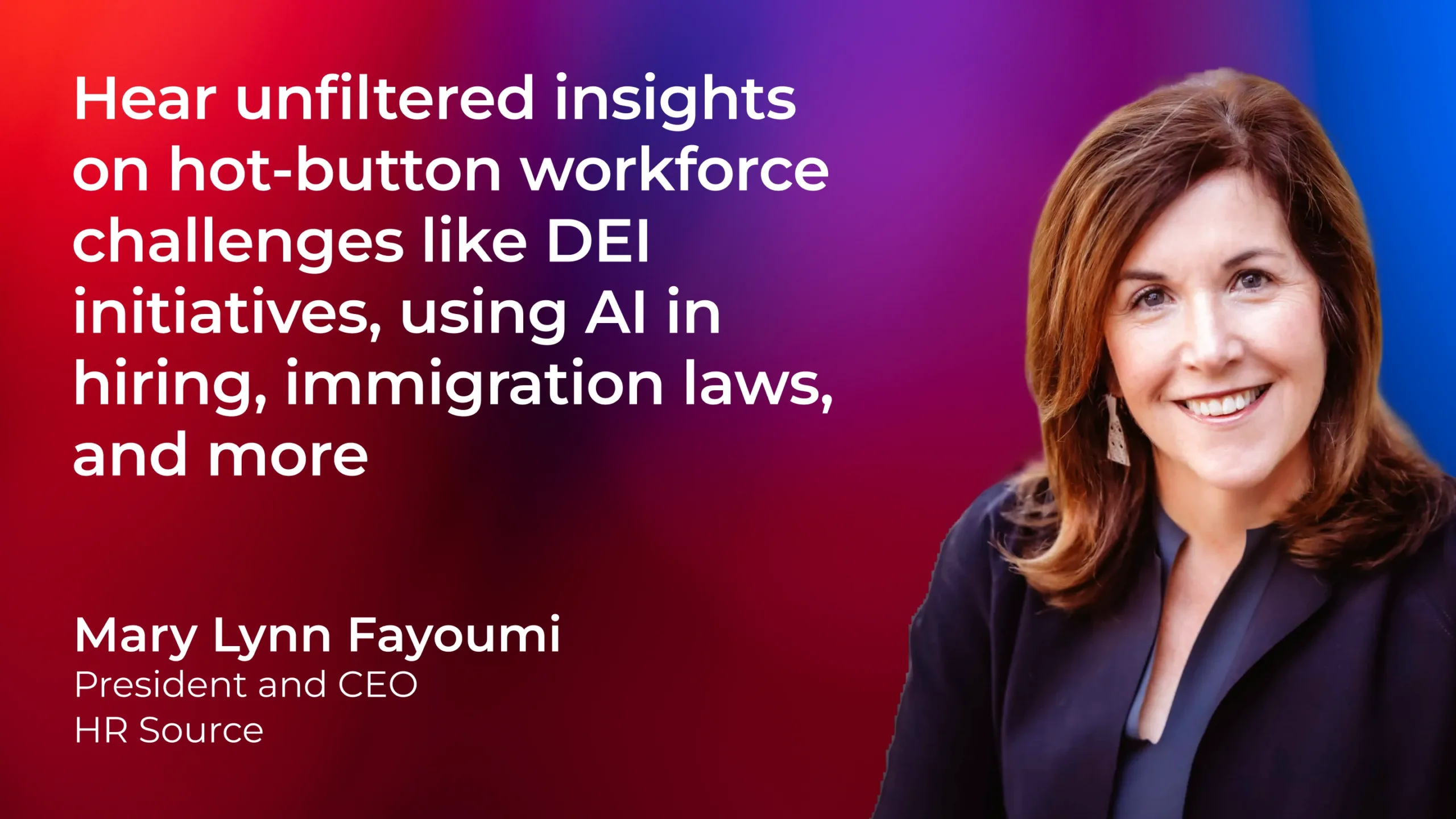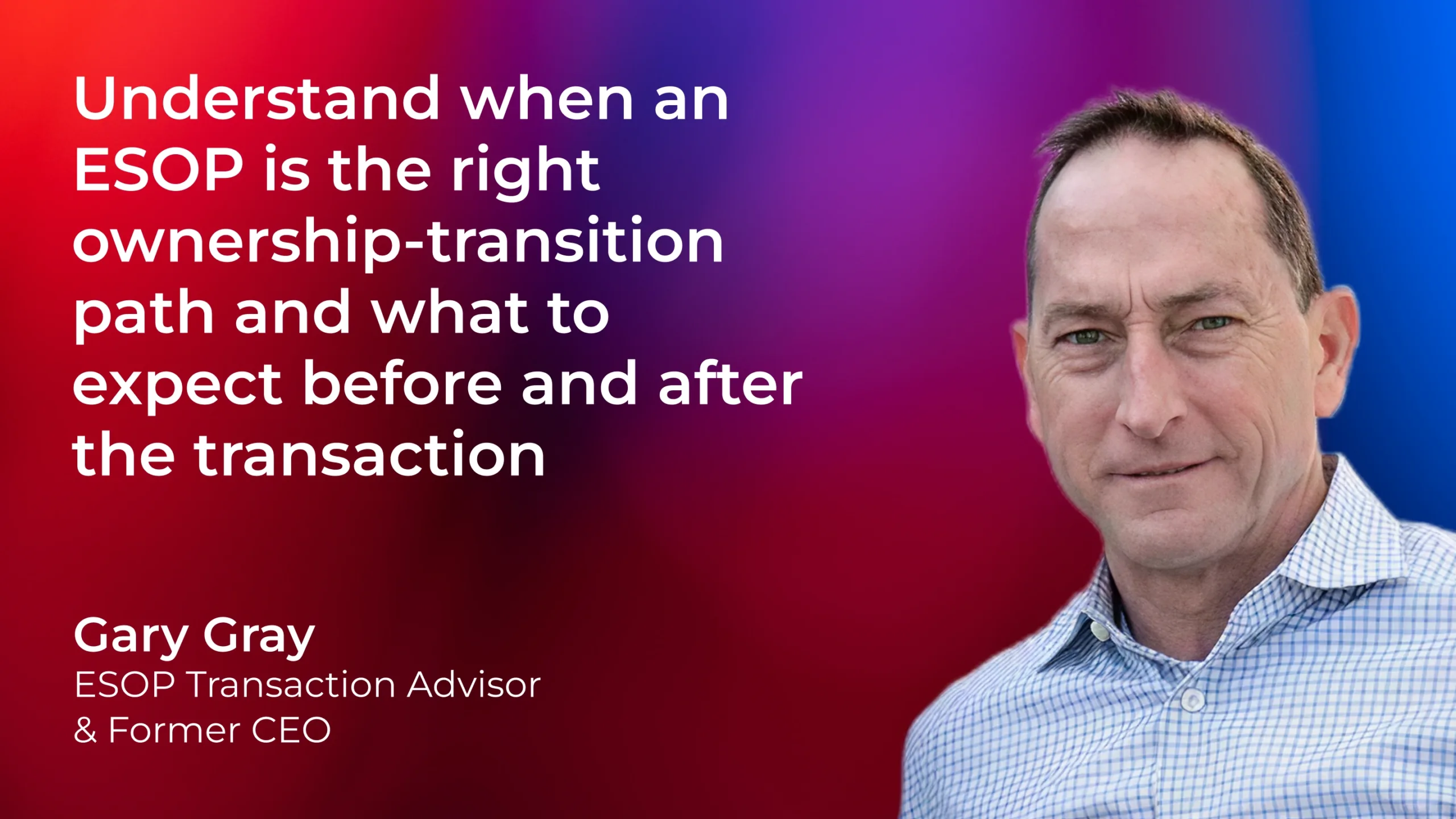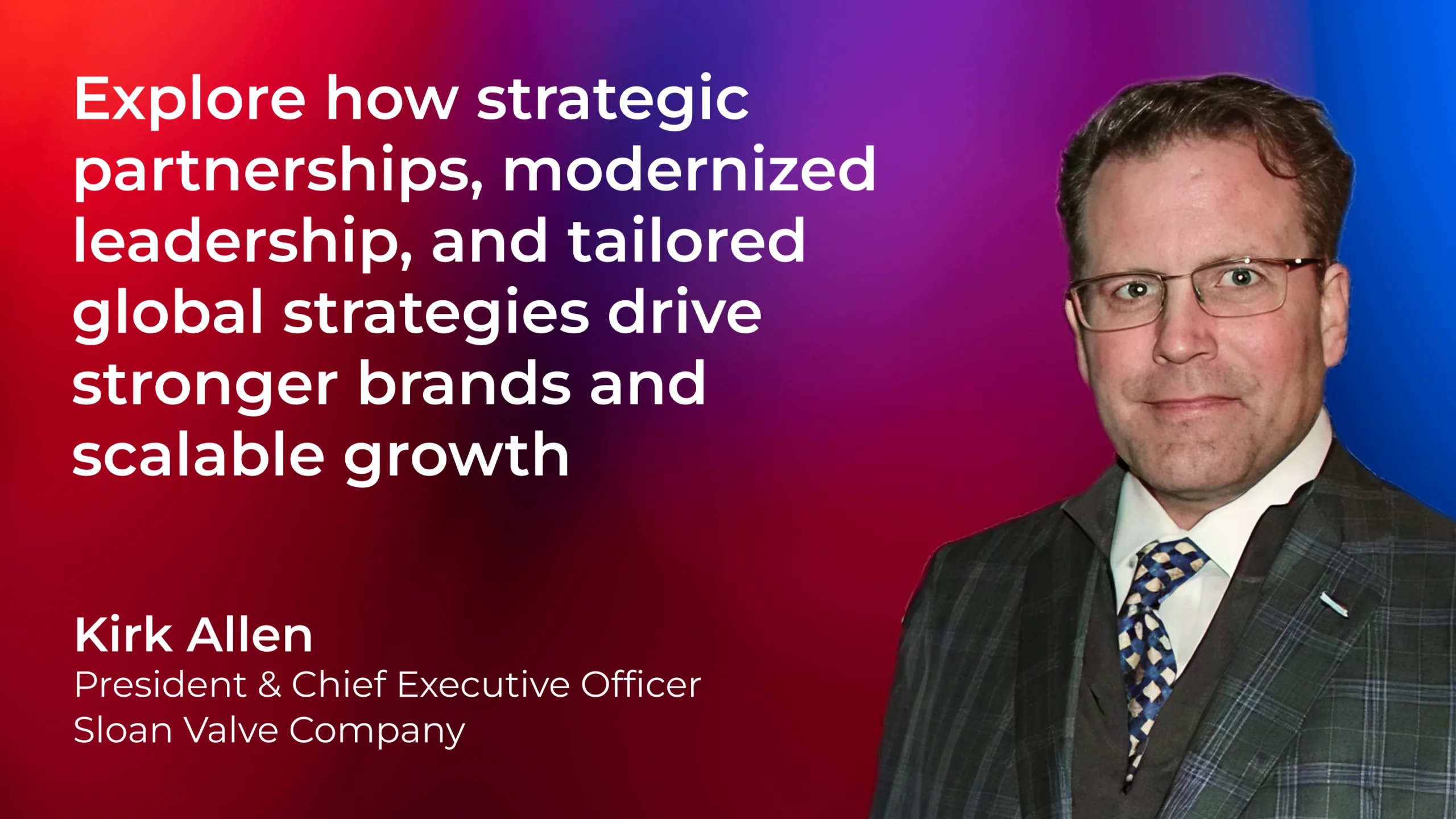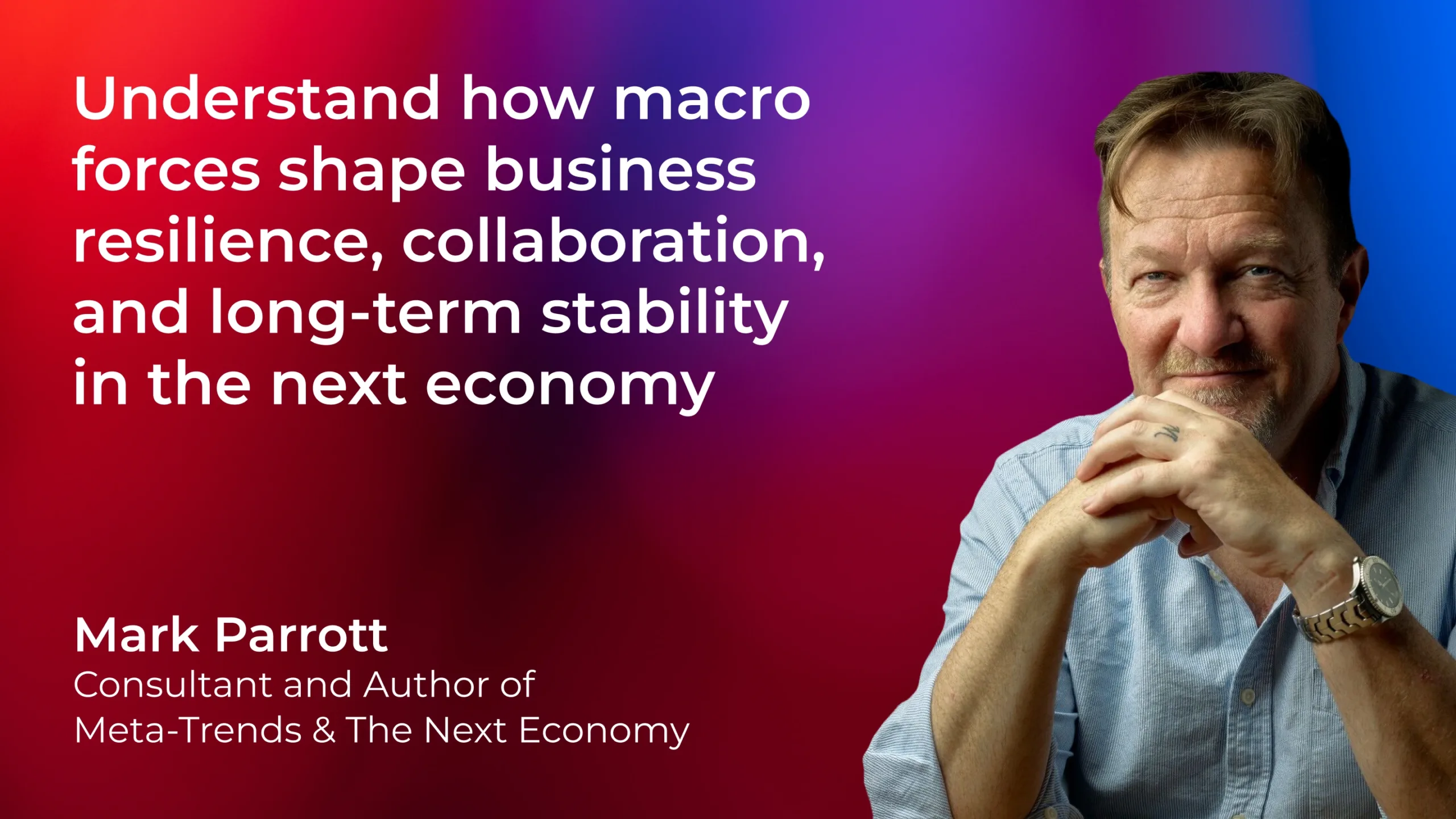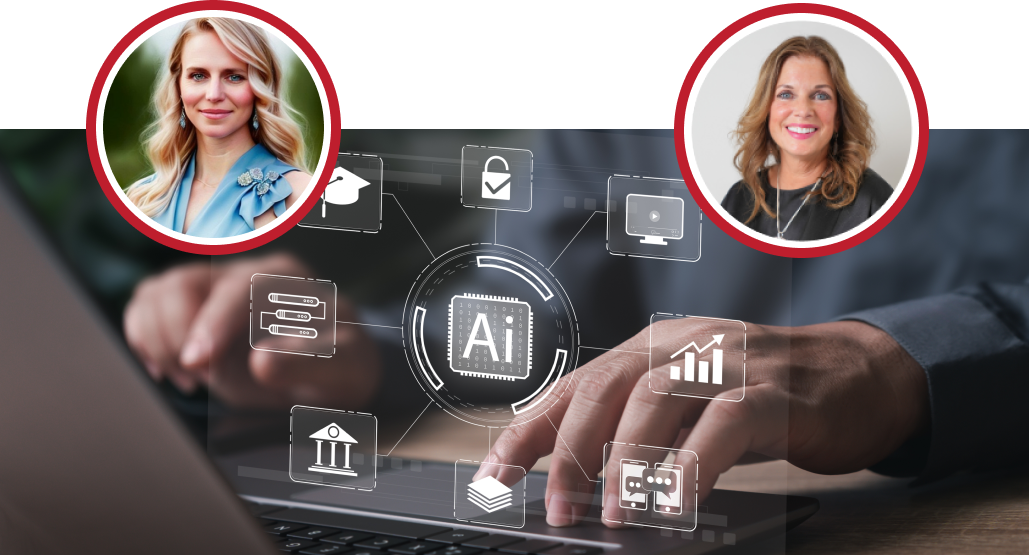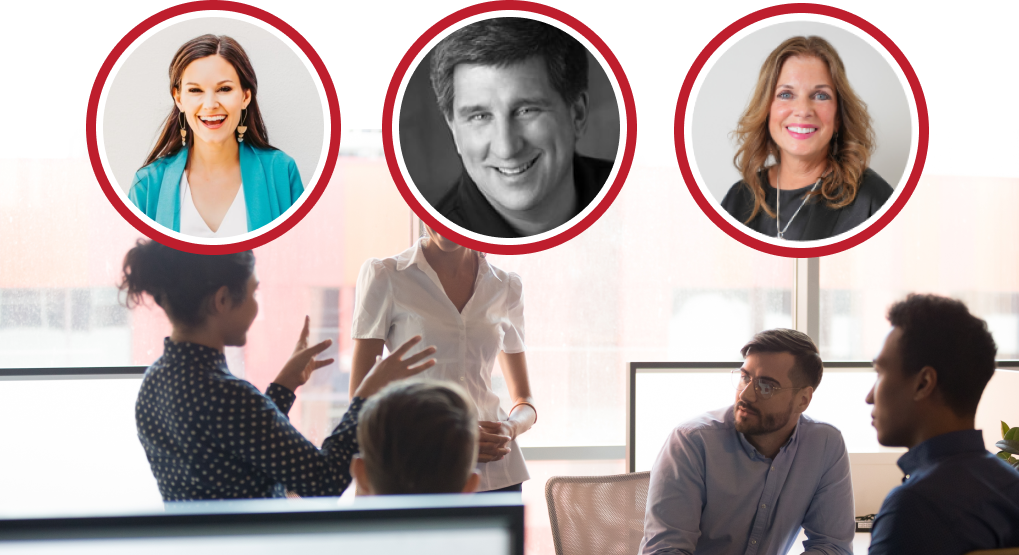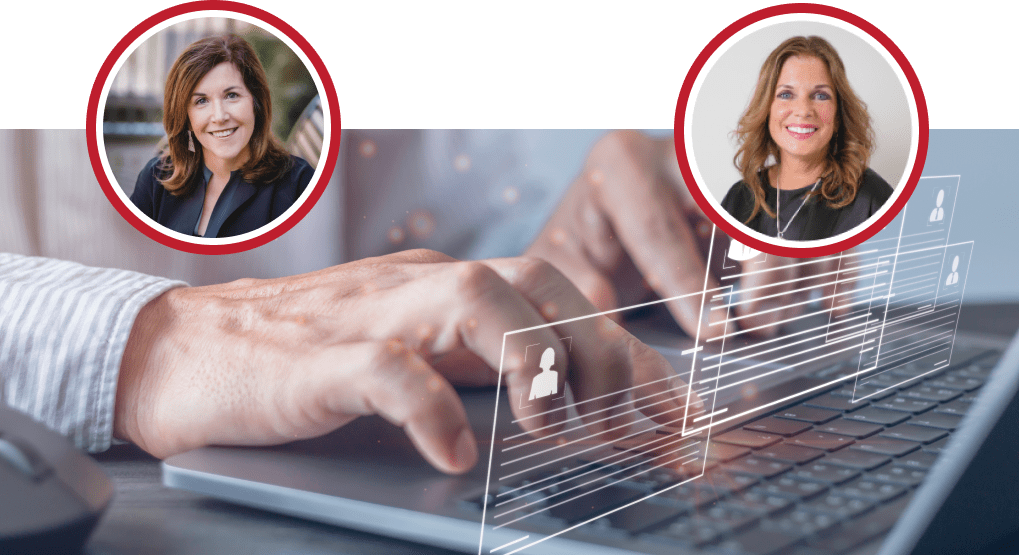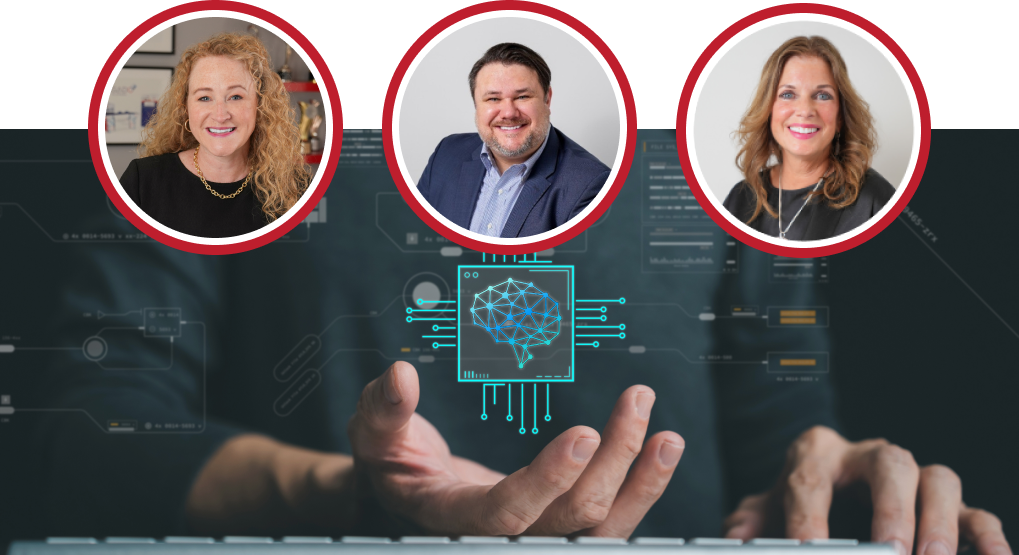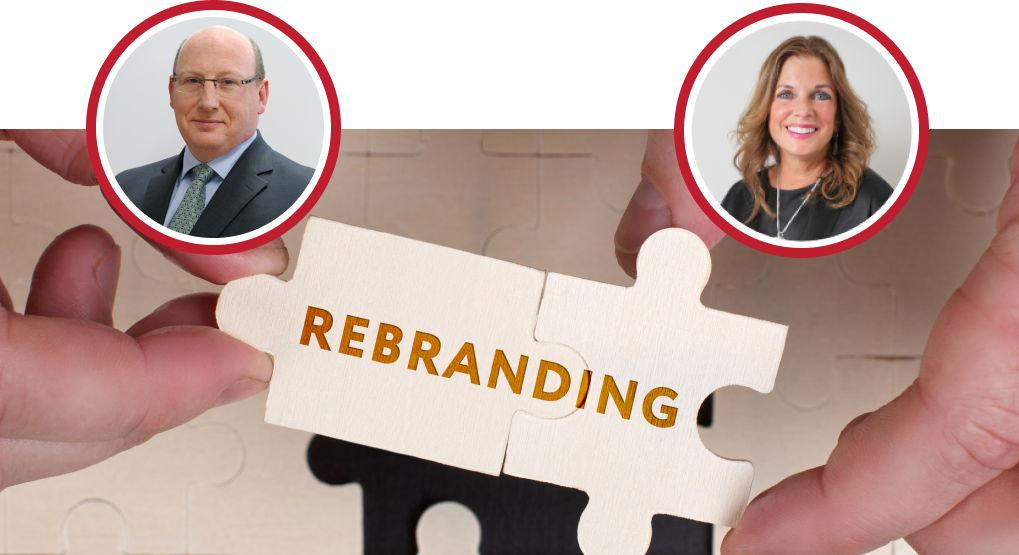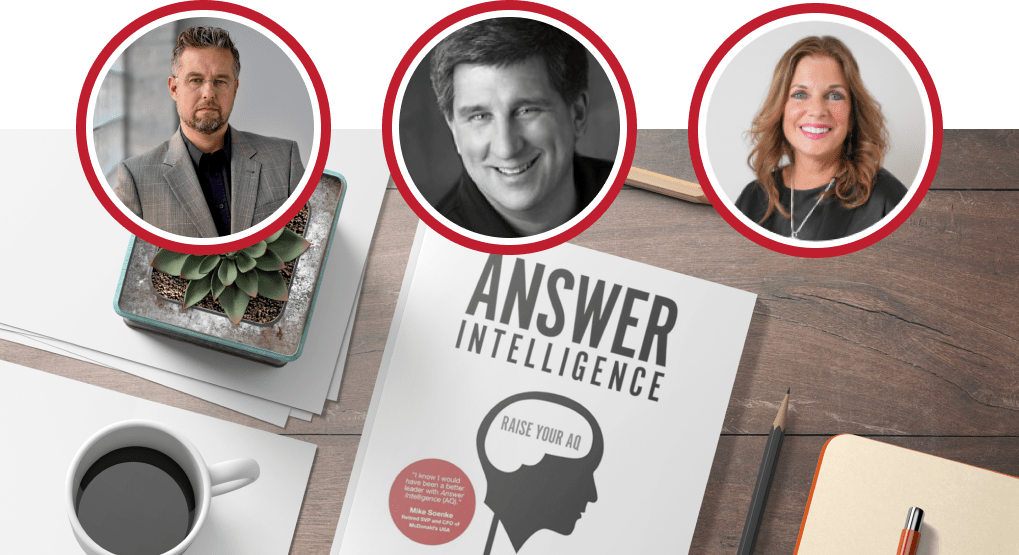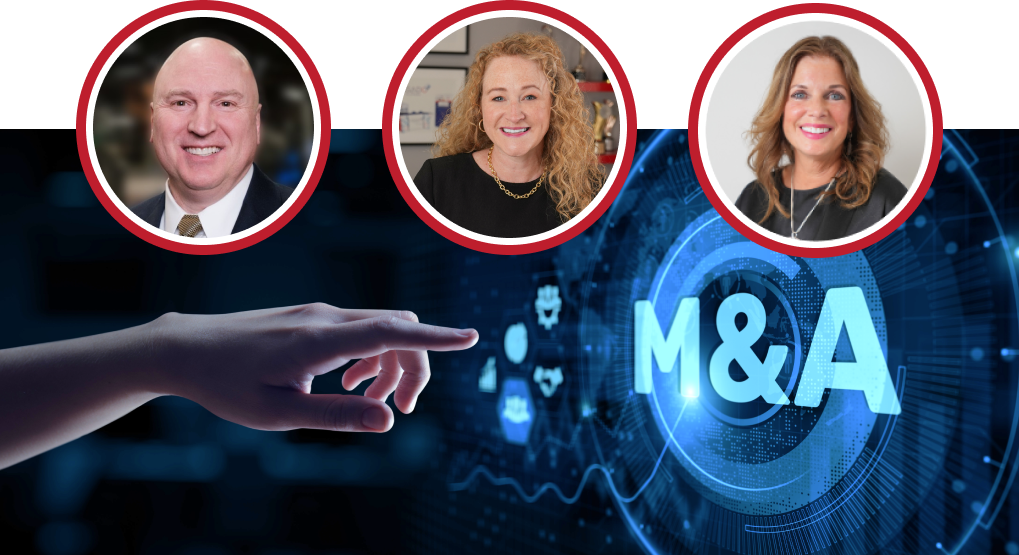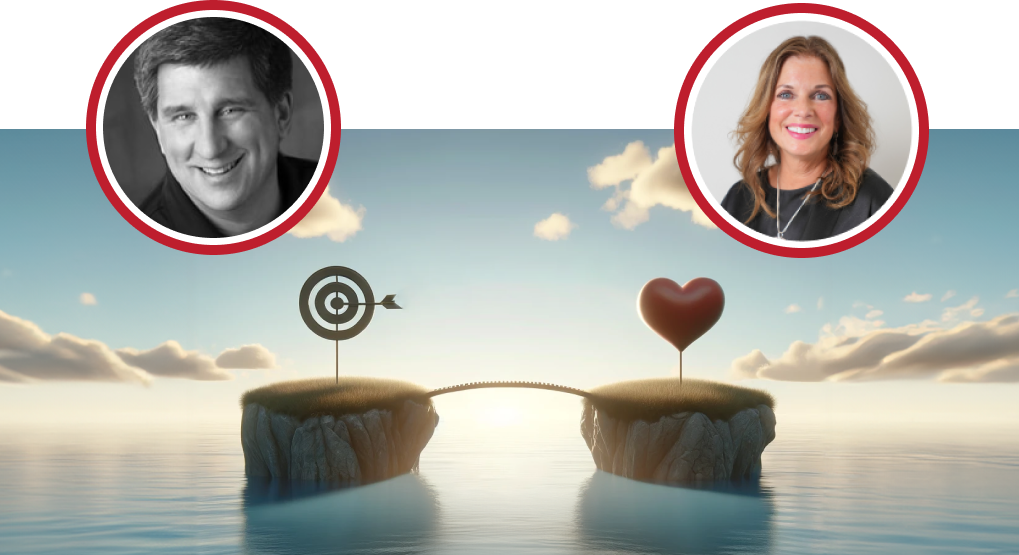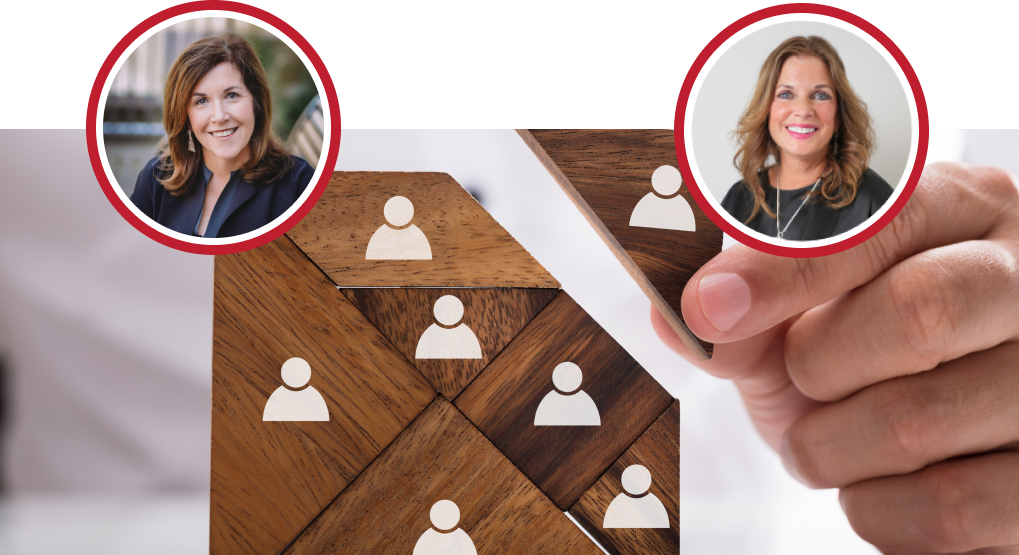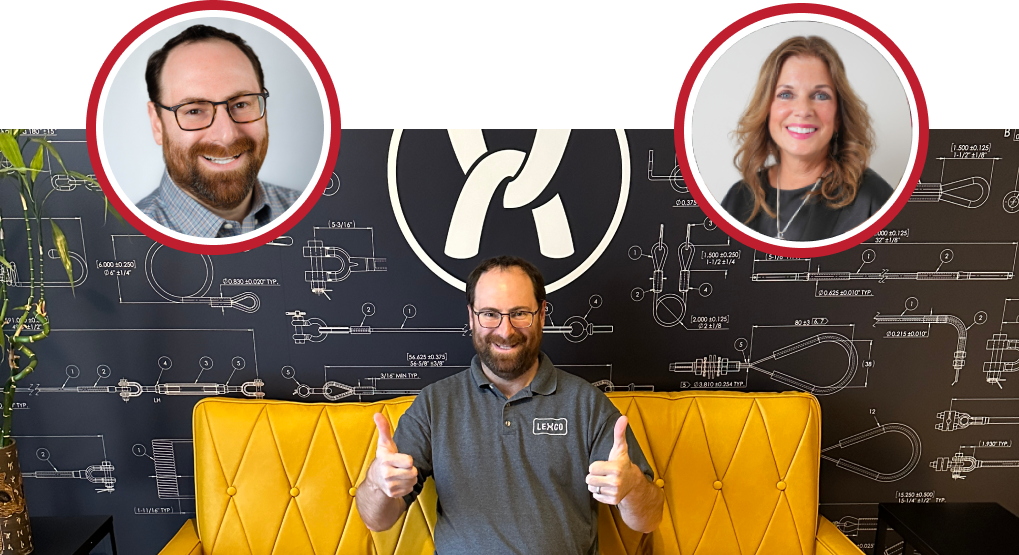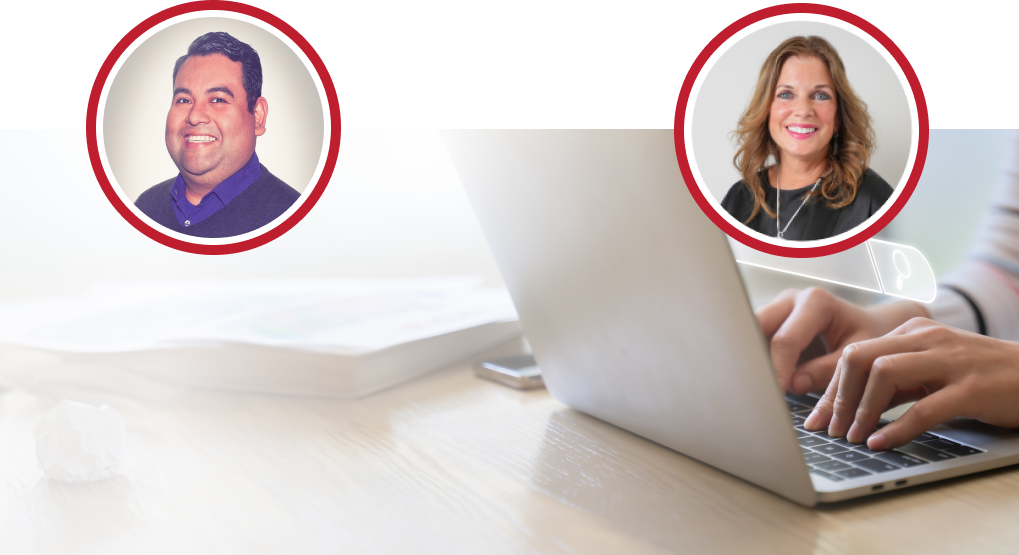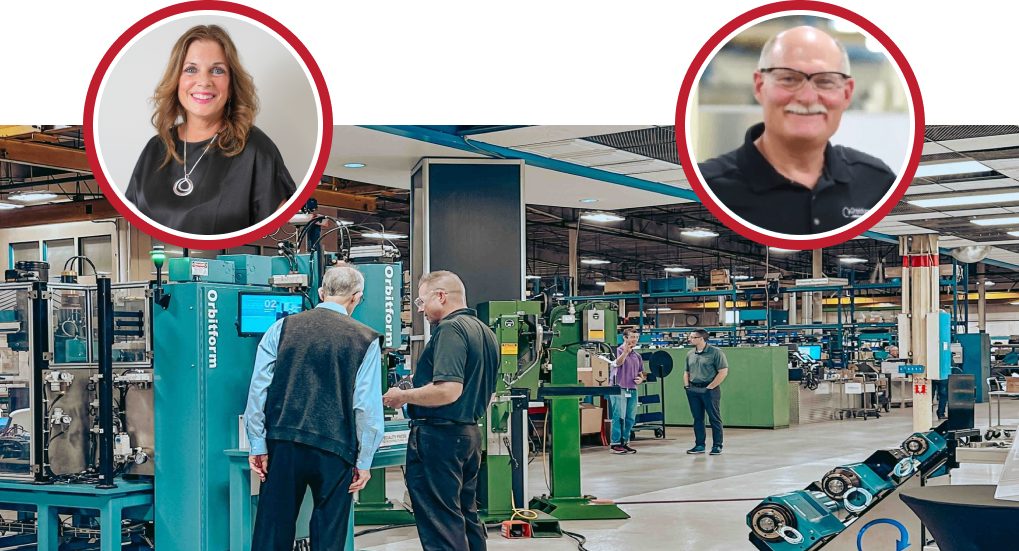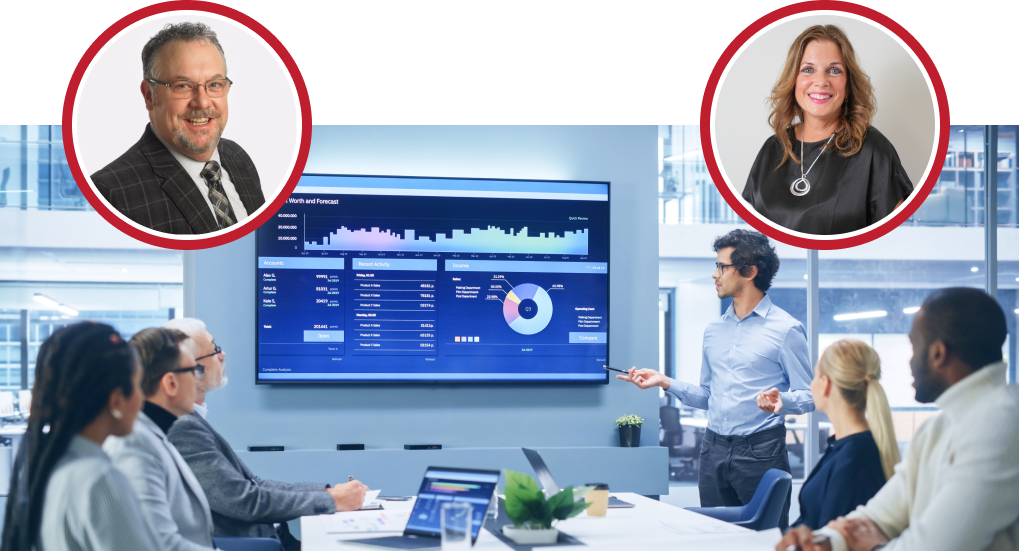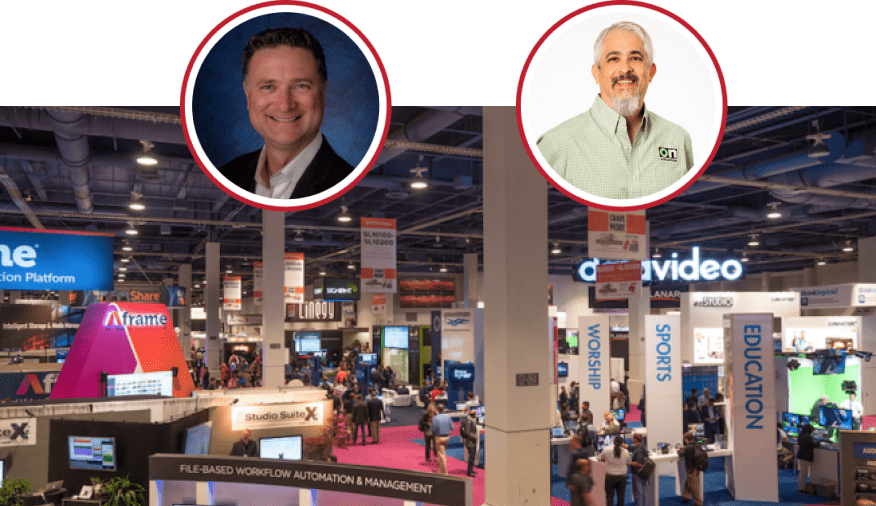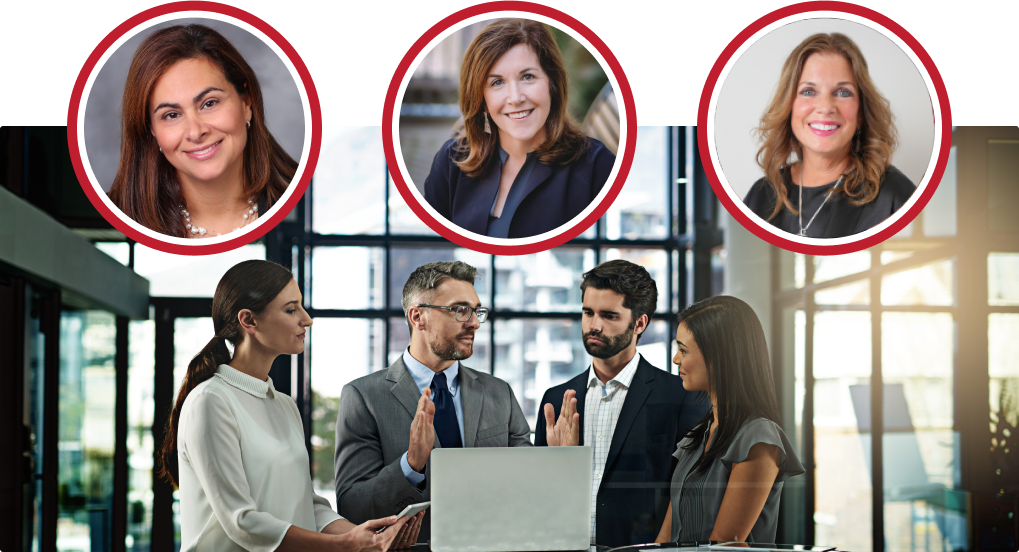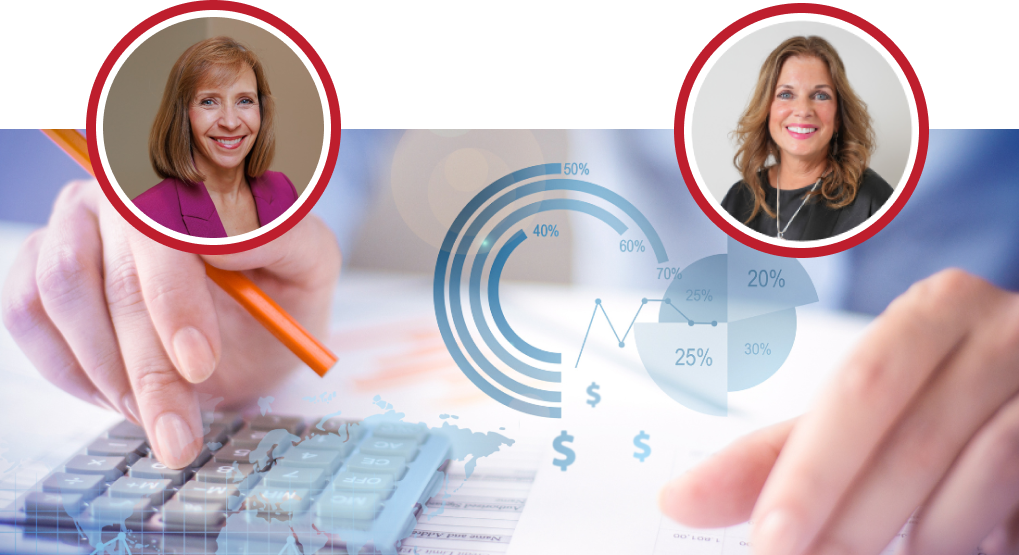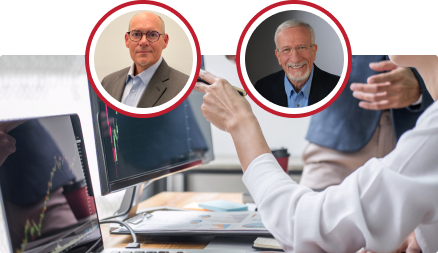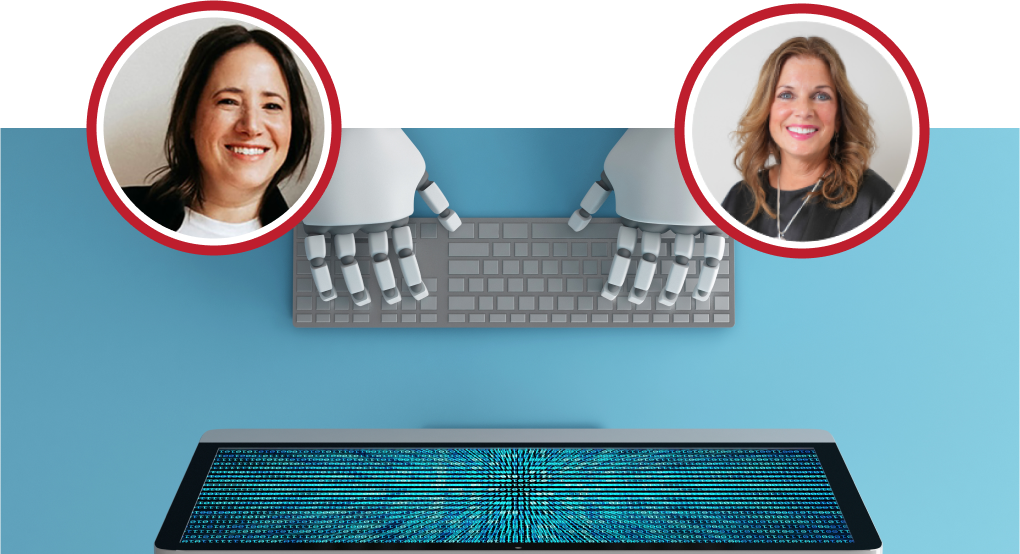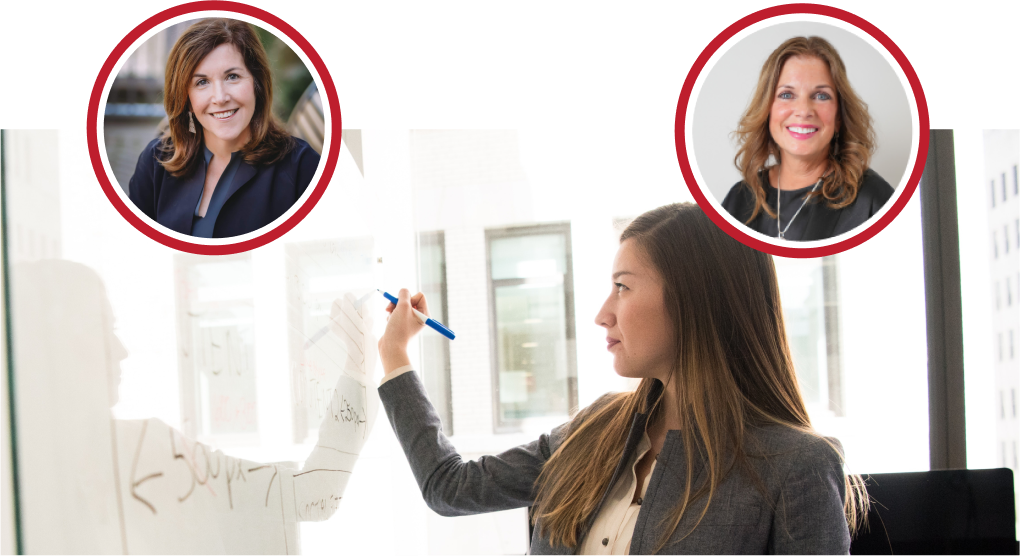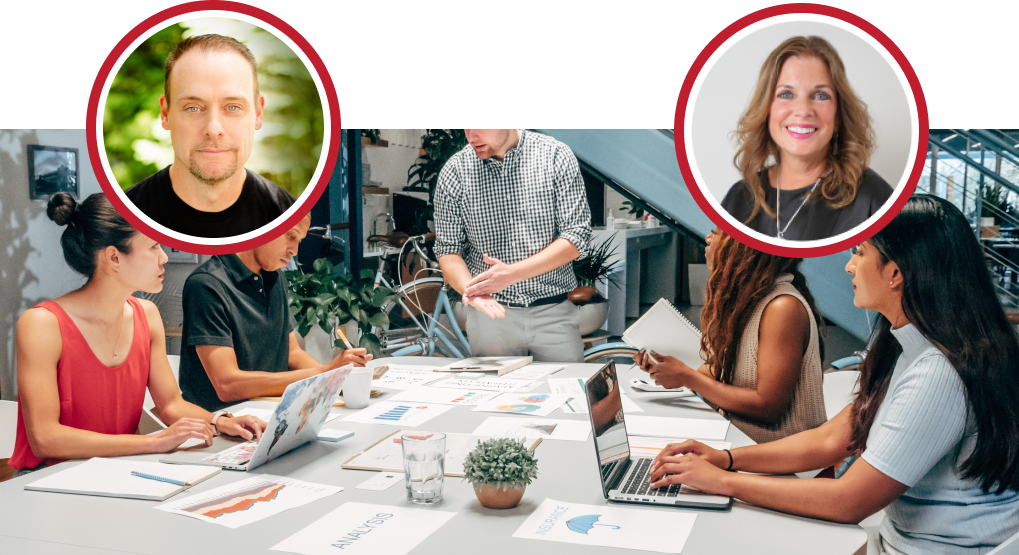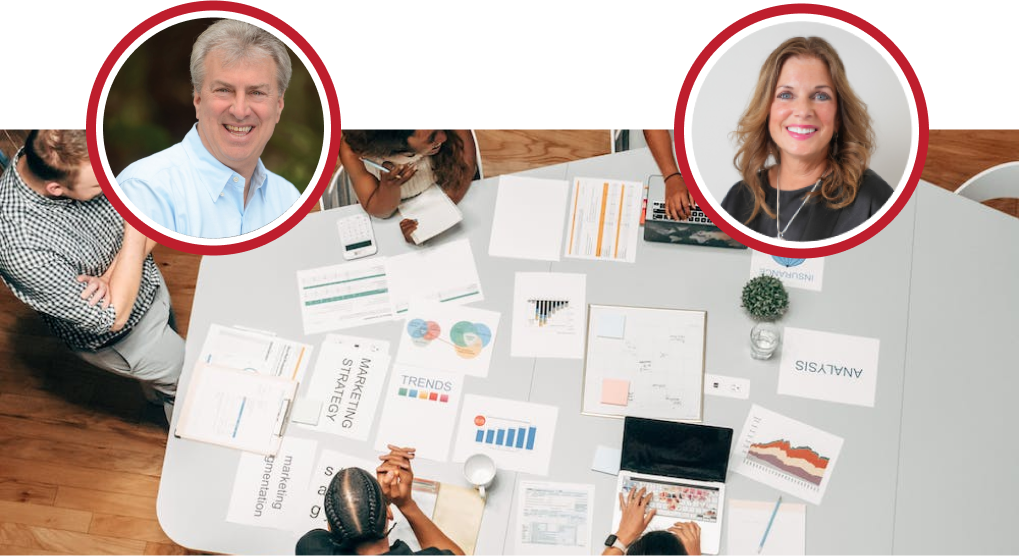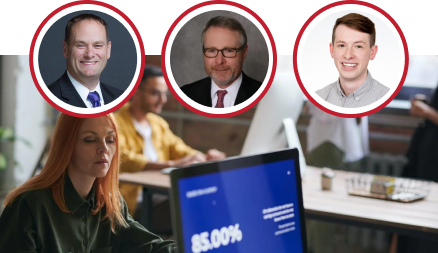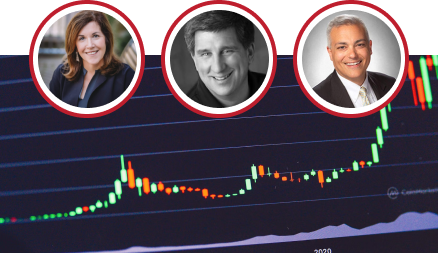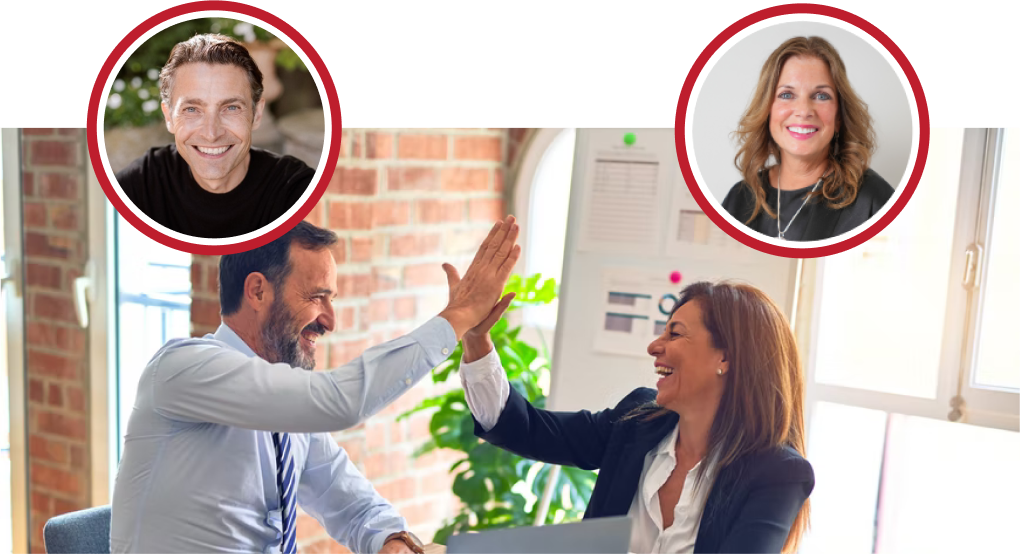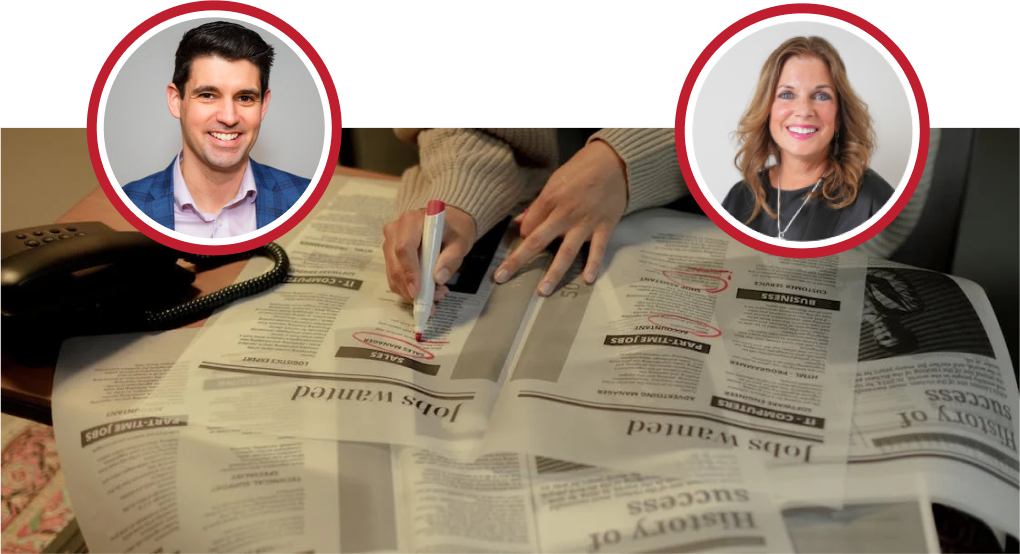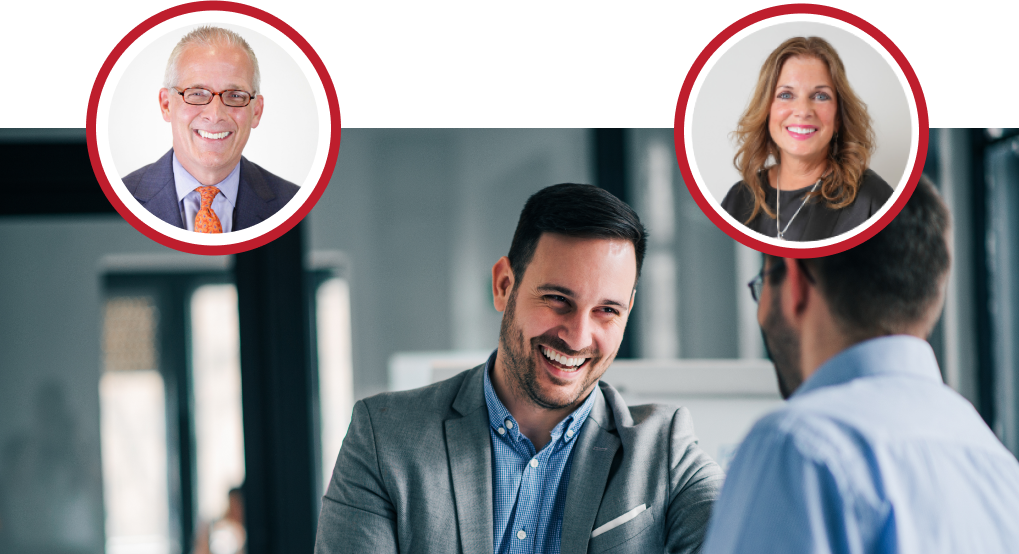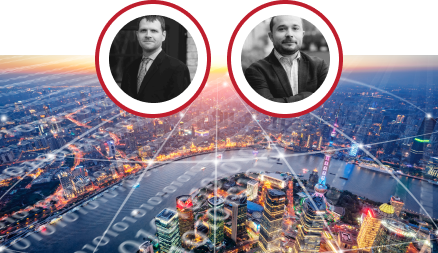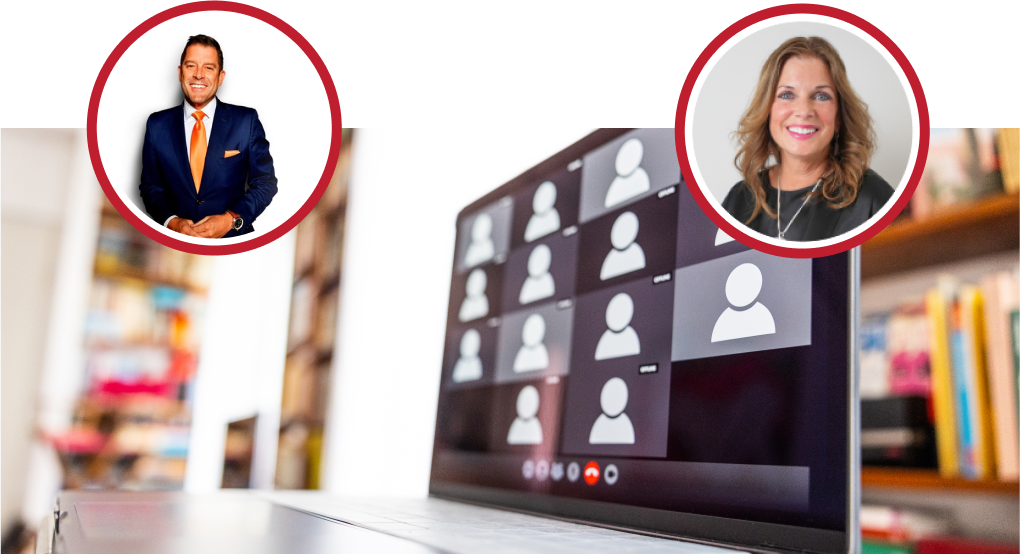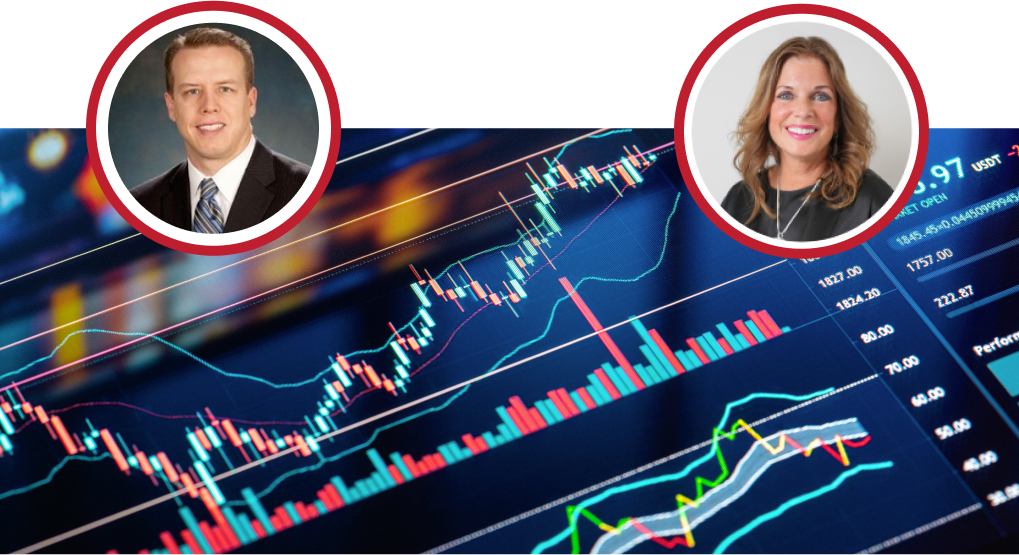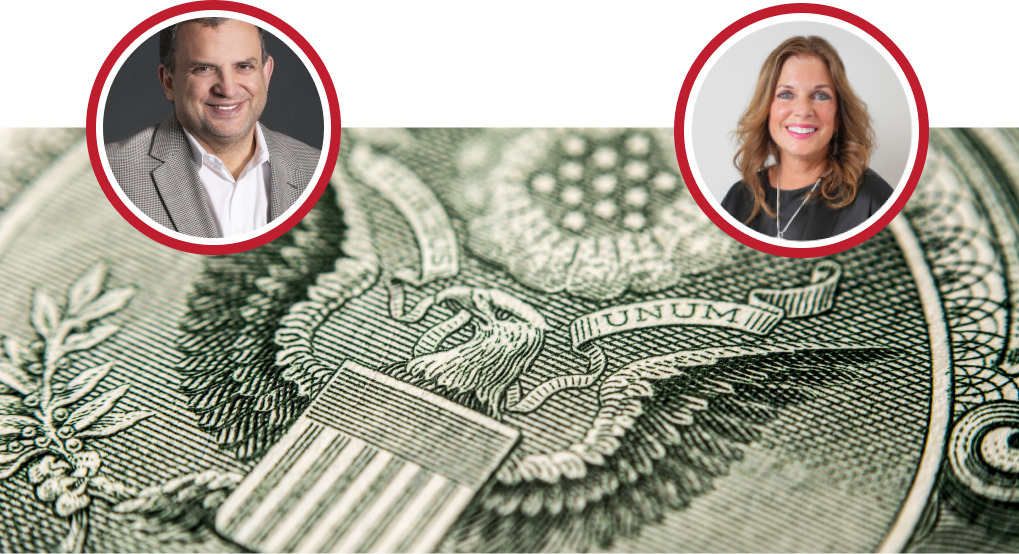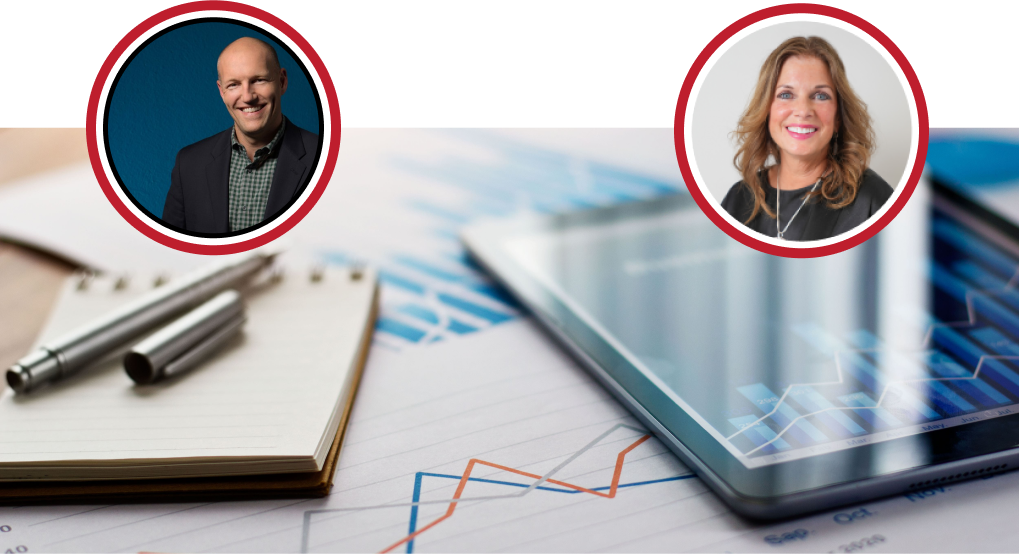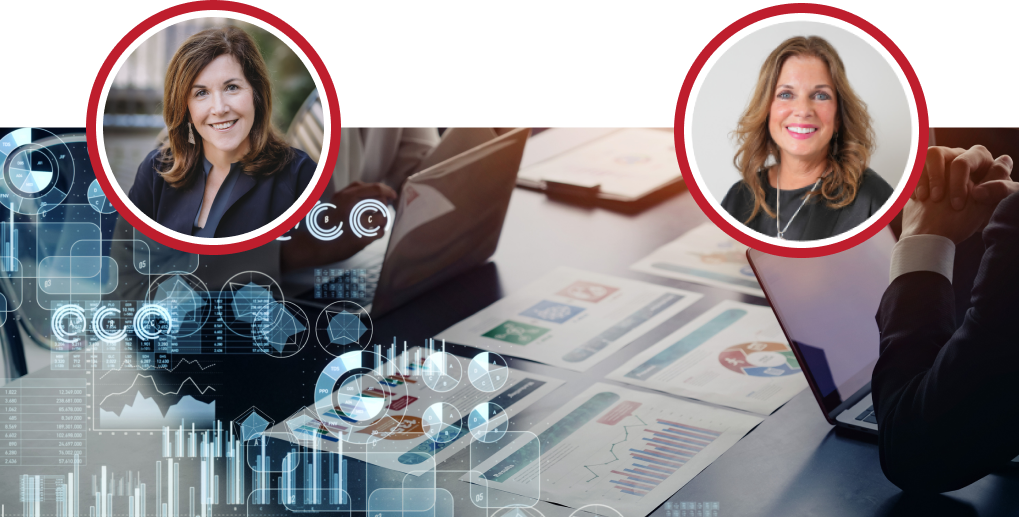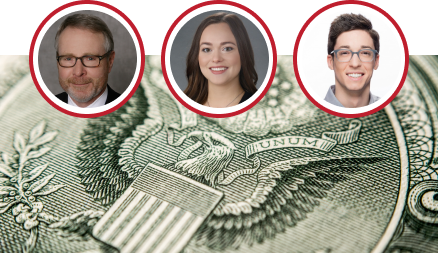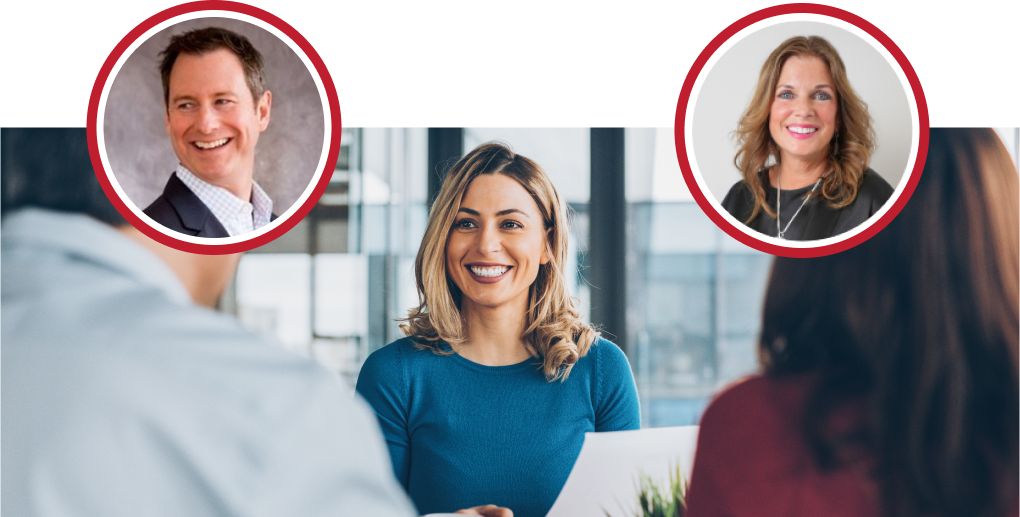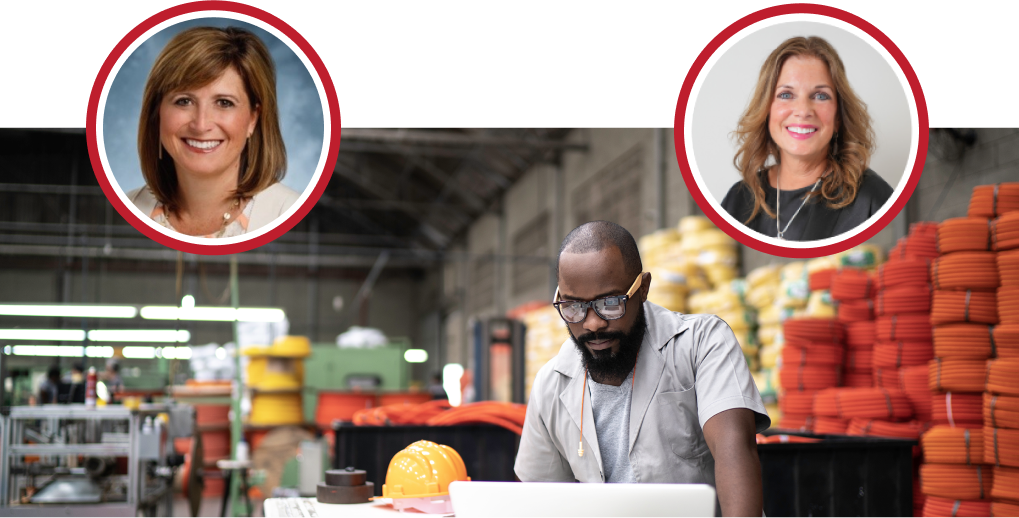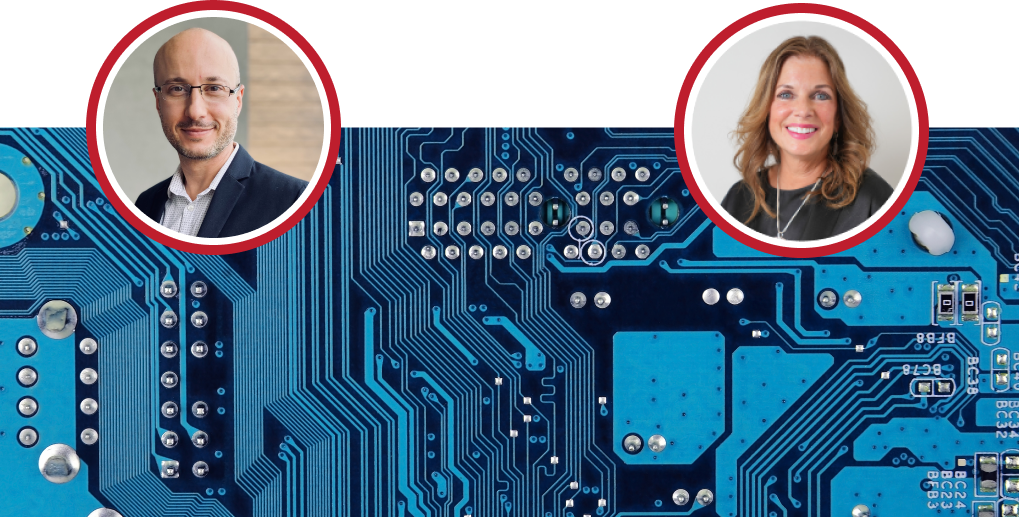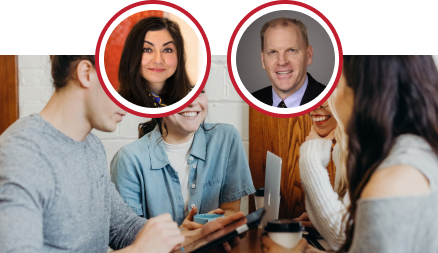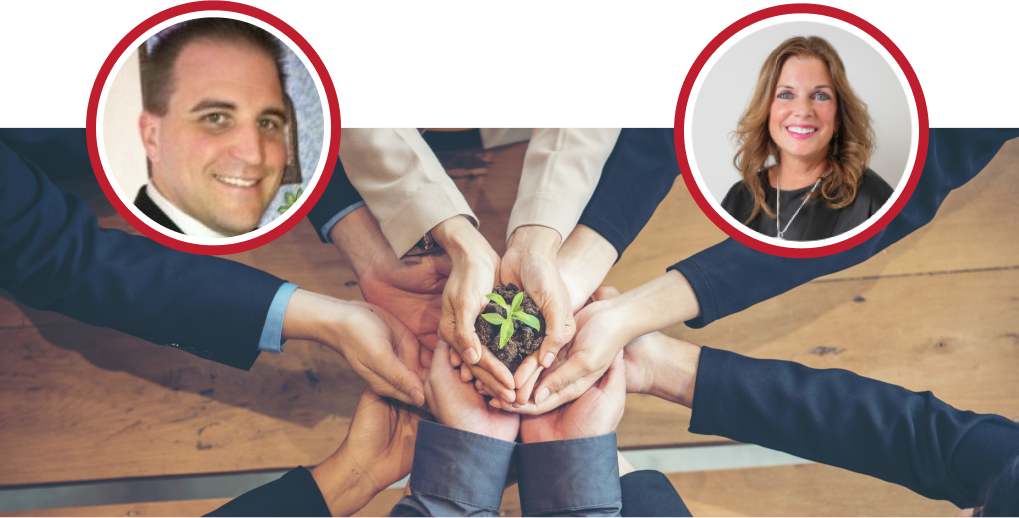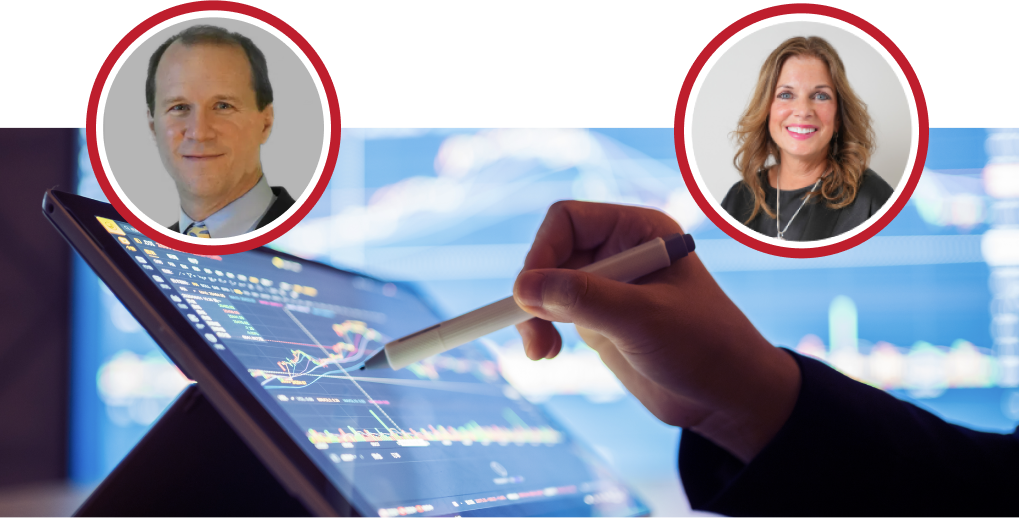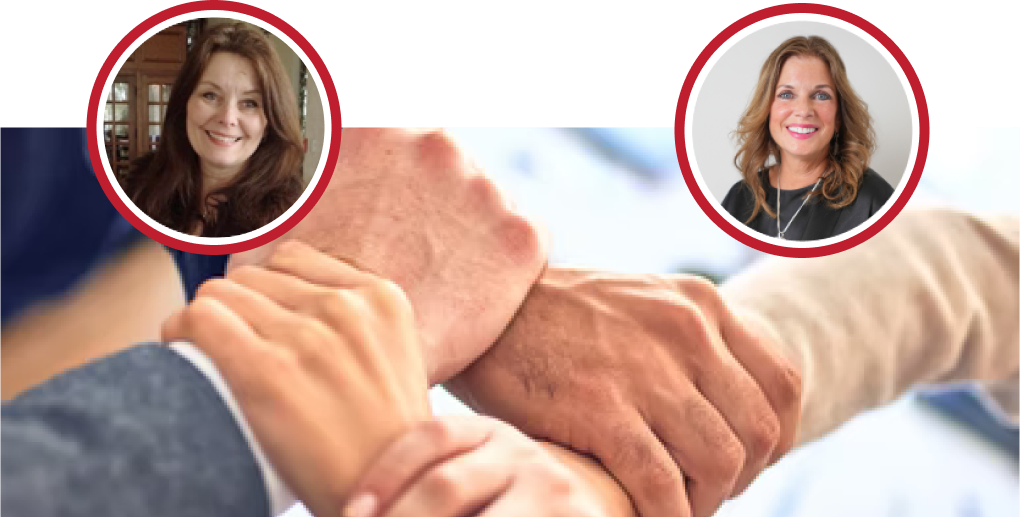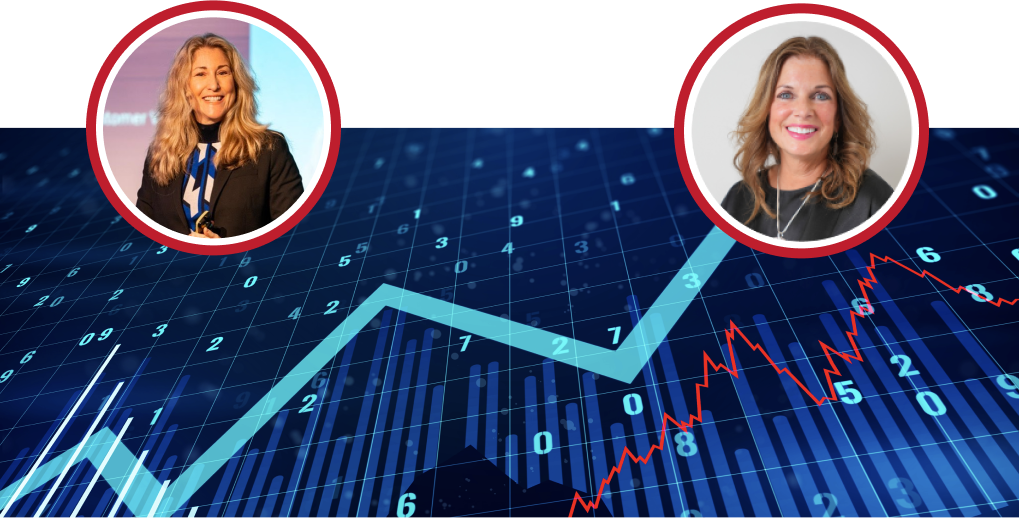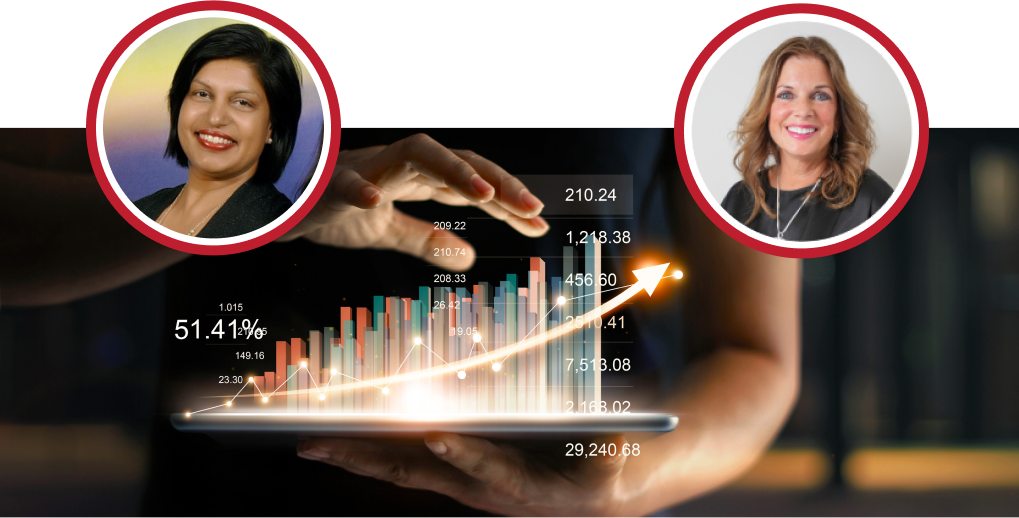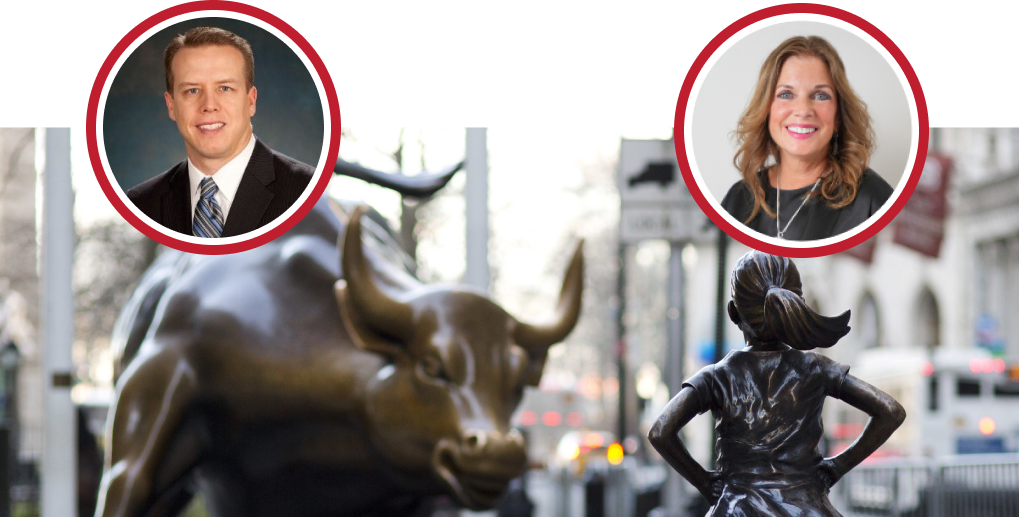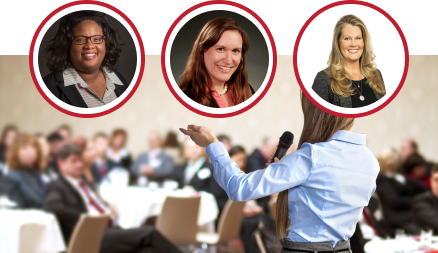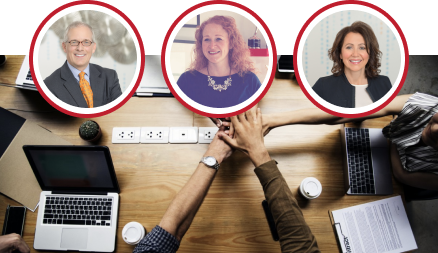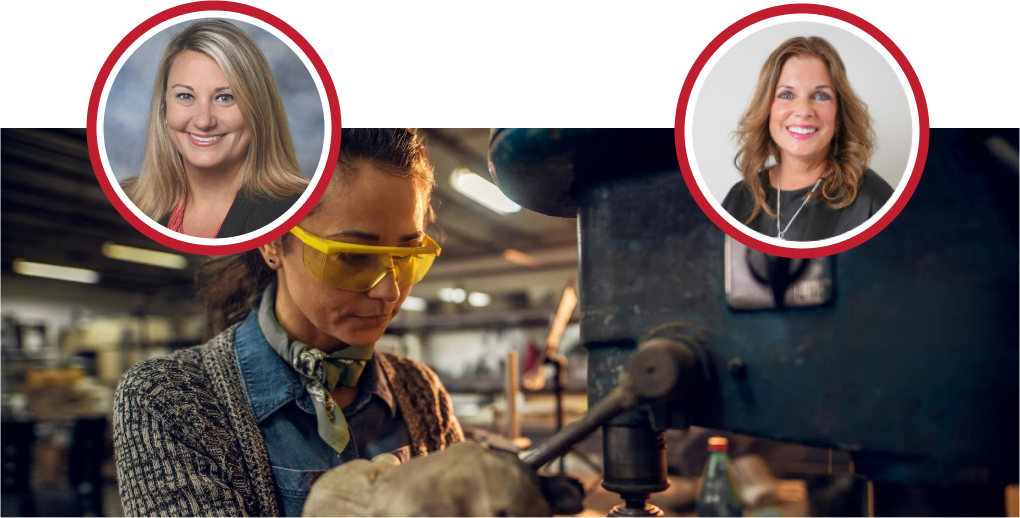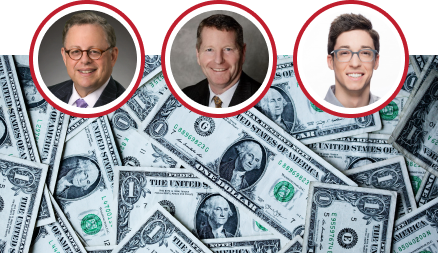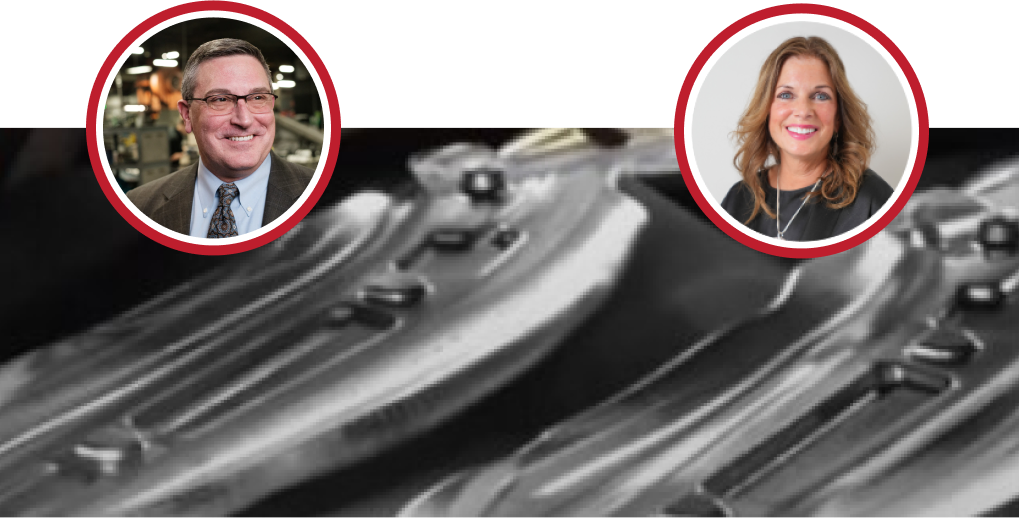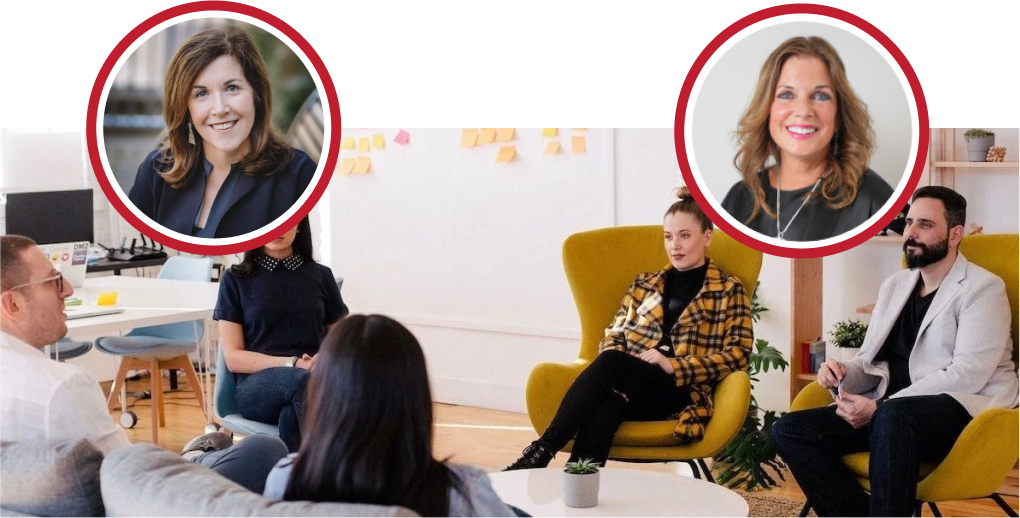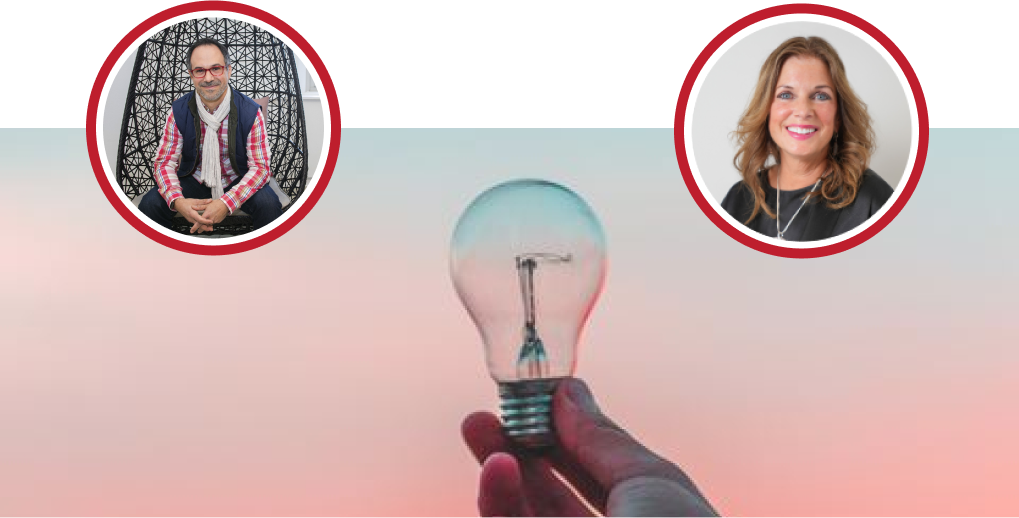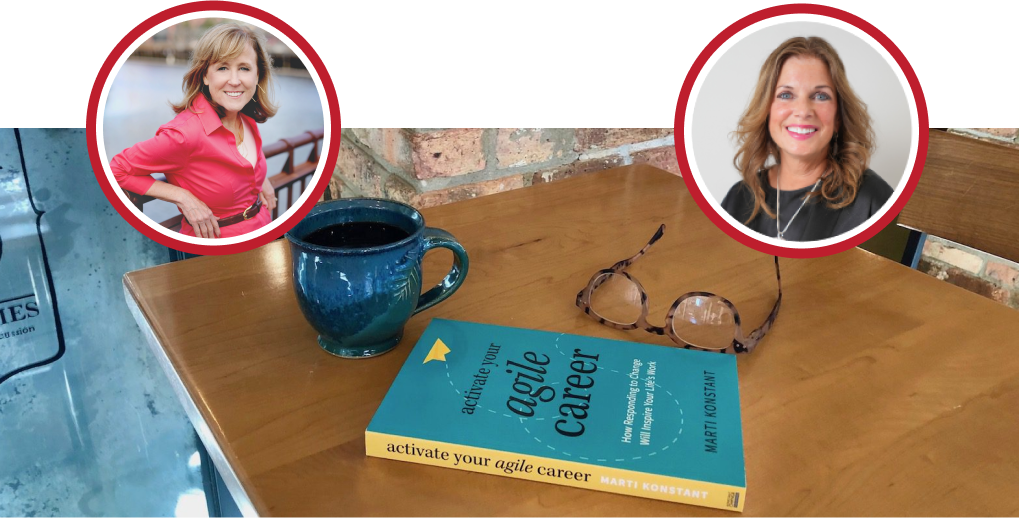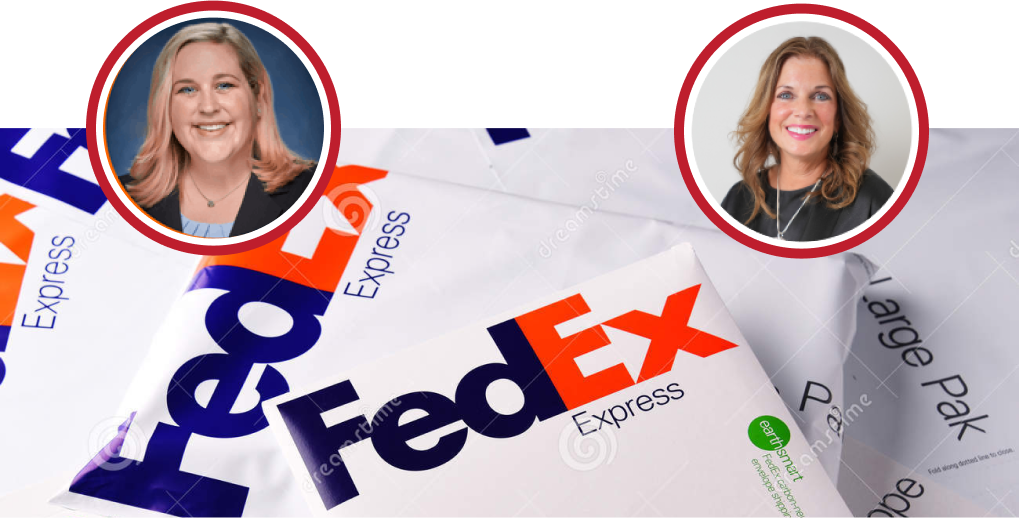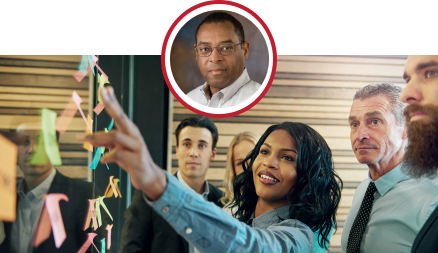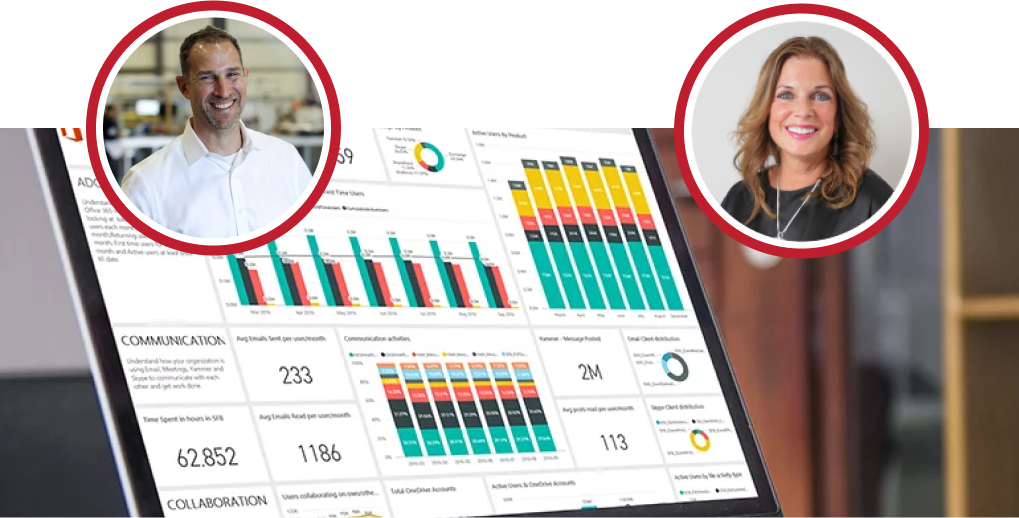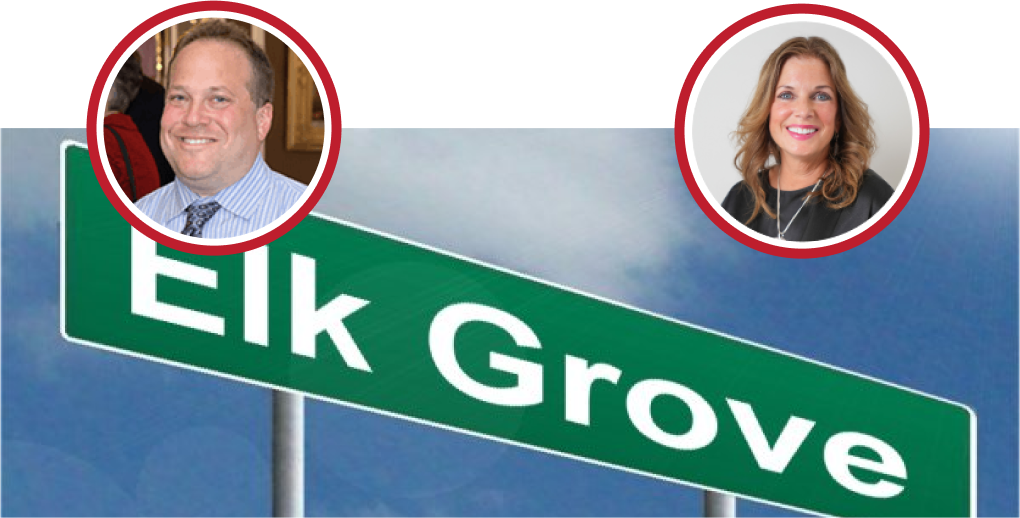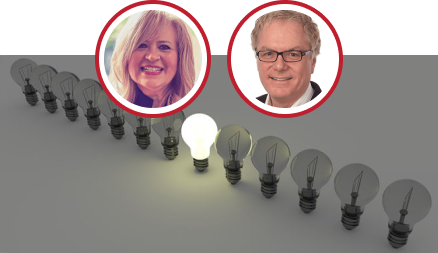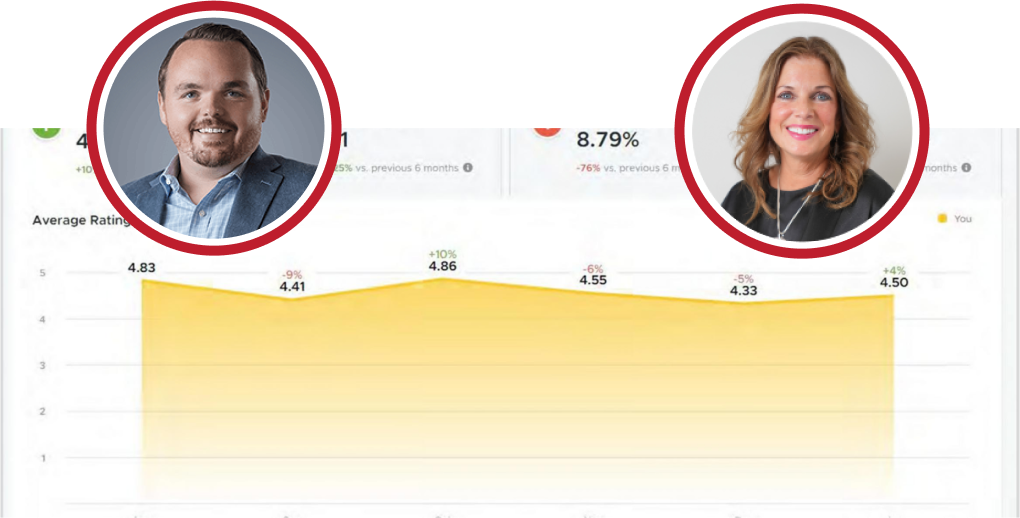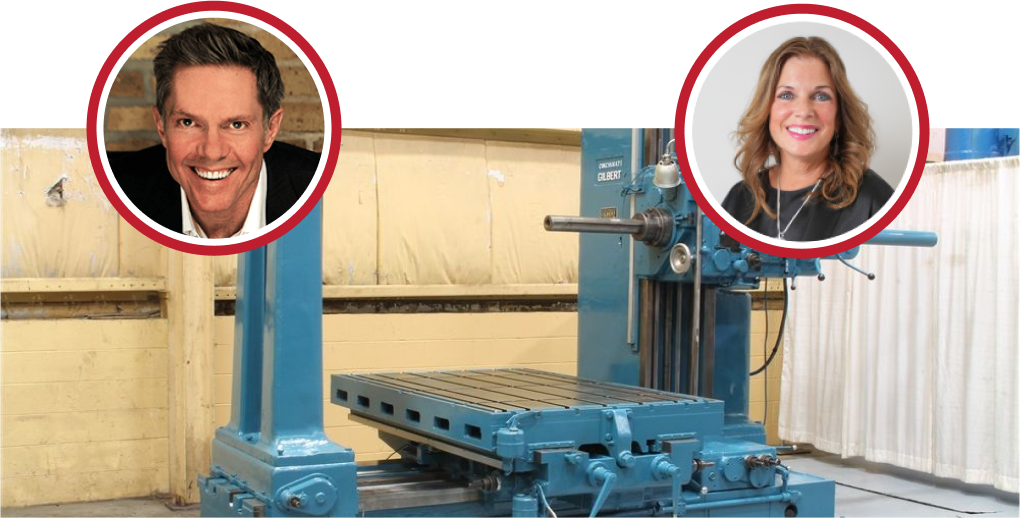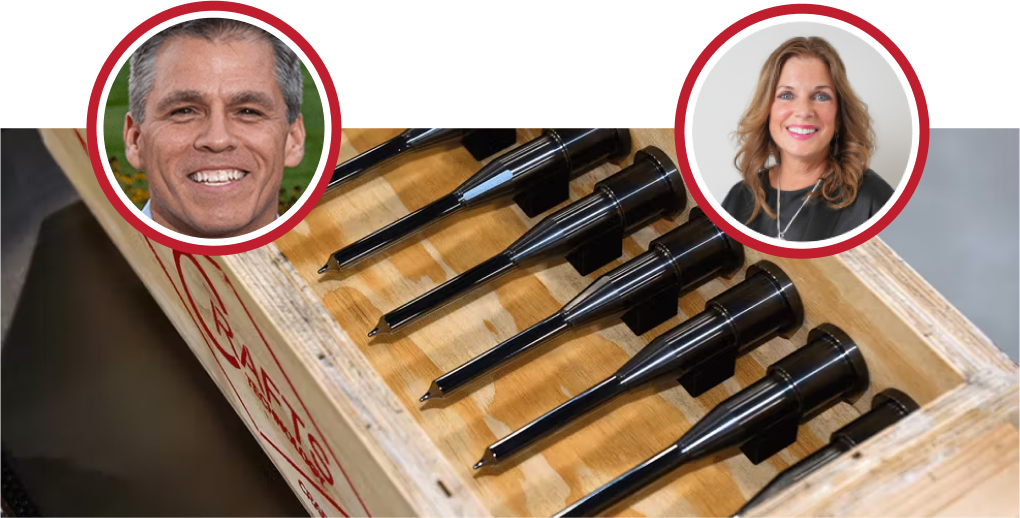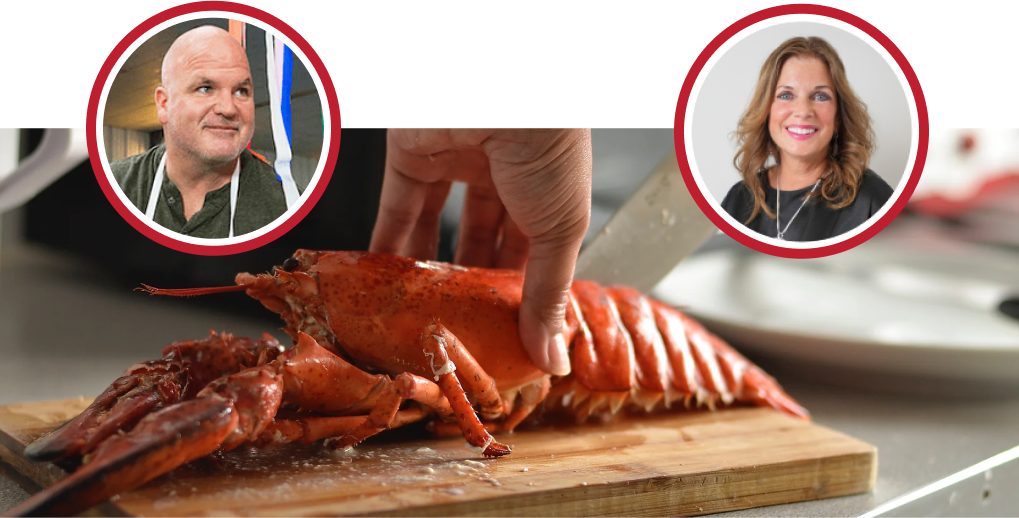Audrey: Hello, everyone; thank you so much for joining us today. I see we have plenty of attendees slowly starting to filter in, so we’ll give just another moment or two so that everybody can join us, but thank you all so much for being here today. I’m Audrey Aims from the women in manufacturing association, and just to cover a couple of housekeeping items, we are going to have a Q.A. portion at the end of our event today where we’ll be able to post some questions from our audience to our panelists throughout today’s event if you have a question that you want to post to our panelists during the Q.A. you can actually enter it in the Q.A. window, which you’ll see in the zoom menu across the bottom of your screen, and it looks like we are just about ready to get started, so I will go ahead and hand things over to Kathy.
Kathy: All right. Well, welcome to an episode of “Business as Unusual.” We are going to be talking about empowering women with a growth mindset today, and we’re really excited to take our show on the road, so to speak, and join forces with WIM to bring this really compelling topic to the forefront. I’m so pleased to introduce our panelists today. We’ve got a real group of badass women, so first off, Loretta Bout, who is CFO for Scott Forge company, and they’re a hundred percent employee-owned ESOP organization that manufactures custom open dye and rolled ring forges. She’s worked in manufacturing sectors such as consumer products injection molding assembly semiconductor cell phones satellites along with small molecule drugs, and human manufactured plasma treatments for notable organizations like Motorola Aptar group and Shure Taquita wow, what hasn’t she seen made that’s really incredible a fun fact about Loretta is she’s taken, several improv classes. She’s going to talk about how that’s really been a factor in her growth journey, then we have Latoya Connors Gray, who is the North American director of pricing technology and operations at granger. In this role, she’s responsible for pricing systems pricing operations and compliance for Grainger North America, which includes the U.S. and Canada. Prior to granger, she worked for a large retail organization and had a successful career in management consulting. So, outside of her day job she is pretty busy, so she serves on a board of a national media organization she’s a mentor to young professionals and a highly engaging speaker on topics that include diversity and inclusion faith, and leadership, and you’ll feel her energy when she gets her chance to tell her story and then Mary Ellen Graham is the executive director in customers experience solutions for AFL where she leads AFL’s marketing customer service and inside sales team, she joined AFL in 2017 after 25 years in the I.T. channel distribution industry where she most recently was the Vice President US marketing at SYNNEX corporation Mary Ellen has been an active diabetes advocate in honor of her son who has type 1 diabetes, and today she participates on the women in manufacturing education foundation board and is a wise marketing advisor for the online leadership networking community, and then I’m Kathy Steele, I’m your moderator today, and we’re really excited to be a part of a new corporate member of WIM. I am the CEO and founder of Red Caffeine, and we’re a growth consultancy. Our mission is to build badass brands that clients want to work for, and employees want to clients want to work with, and employees want to work for, and so I’m going to just kind of tee up where we’re going to be heading today. So, we’re going to showcase today how it’s possible to focus on business growth and your personal development we really believe that you can make bold moves in your organization to secure its future while leveraging an opportunity to enhance your skills and your own portfolio and so these are the nine different growth lanes an organization can take to scale up and a lot of these are pretty self-explanatory and probably familiar to all of our attendees, but I’m going to provide a little context for a couple of them the first one is technology obviously almost every organization has accelerated their technology footprint just based on the pandemic but really when we think about technology as a growth thing it’s advancing your organization through digital transformation, and it really requires evaluating your whole tech stock across your business and then building a technology transformation roadmap, so we call it simply automating integrating and innovating learnings include leading implementation maybe an ideation coming up with a new technology that disrupts your industry or training as simple as training can be a learning opportunity the other one I want to call attention to is human capital because many organizations neglect this growth lane or don’t think about it as a key factor in growth but we always sort of love that adage what got you here won’t get you there and organizations really do need to align their human capital resource strategies with their business goals so show that people and practices of organizations can really drive the com your own competitive advantage so learnings in the human capital growth lane include building a team from scratch and working with varieties of people, and so we’re going to try and tie that together with some information from the center for creative leadership and the center for creative leadership does studies on executive growth and development, and they’ve really confirmed that experiences are the best teacher, but they found that you can get the expanded experience, but you don’t always get the necessary growth learning, so it’s not automatic so that is why I think it’s important to really be intentional in thinking about the growth lanes and how they held a different experiences within growth lanes apply to your career advancement and so again I’m not going to go through all of these but on the left-hand side I do want to call out some of the best experiences and talk a little bit about hardship, so these experiences don’t always happen on the job so even a hardship that is it part of your personal life can help you develop key characteristics for leadership like resilience and then also notably the that you need at least five of the different characteristics on the left-hand side that’s almost half this list to really have a leveling up experience and so some of the things that you might that I want to call out here are the being watched by people in your organization it’s not as difficult when you’re in a smaller organization to get noticed but when you work in a really large organization how do you catch the eye of leaders that are significantly at a different level than you are so thinking about that in how you’re looking at your career advancement and then the last thing I’ll mention on career development is something important is missing so that we can think about in say you were going to launch into a new marketplace say you’re looking to break into the aerospace market and but you’ve never had any work in aerospace, so you may need to pull in some somebody to do some research on how to get into that market or do the research yourself this also can be something you’ve never done before, so maybe you’re working on a digital transformation or new technology implementation, and it’s never existed in your organization so thinking about filling a gap as a learning opportunity and so now we’re going to get a chance to hear from our panelists and have them talk about how they’ve been able to participate in different business growth opportunities and some of the things that they’ve experienced in their career, and we’re gonna start with Latoya, and she’s gonna really answer for us how did she get the opportunity? What were some of the things that she experienced in her career journey? And then, what were some of the outcomes that the company experienced? How did she impact the company? Take it away, Latoya.
Latoya: Thank you, Kathy, and thank you to everyone that’s joining us here today for discussion. A big special thank you to Kathy Steele and Jenna Vayne for inviting me, and thank you to my fellow panelists. I know I’m looking forward to a robust conversation and learning from each of you, so the central question of this panel is, can you drive your company’s growth and your career as well, and the answer for me personally is a resounding, yes, as a matter of fact, there’s a clear synergy between the benefit of excelling and growing your company’s goals driving your company’s growth and helping your organization achieve its goals only helps you and your career in the long run however both are born out of being intentional. So, 2020 has changed the way we live. It’s changed the way we work and, more importantly, the way we lead. In my own experience, the one thing that 2020 did for us personally and professionally was to challenge our priorities. I don’t know about you but some of my largest and most complex conversations in my day to day are on the topic of prioritization my day like yours is filled with how to do more with less how to prioritize programs technology and resources based on the biggest benefit to the value of the organization so, Padma Lakshi an interview with CNN said you don’t have to say yes to every single thing this is something that I’m still learning but 2020 and 2021 has taught me that I don’t have to say yes to everything while leading our teams we have been intentional about being selective to what we say yes to and where we focus our energy and I don’t know about you but the concept of going back to normal is not as not as attractive to me as when it comes to prioritizing I believe right now that in this environment my teams and I are working more effectively and more intentionally than ever before, and I want to continue to be selective and to prioritize accordingly so during the last 10 years of my career I’ve had the good fortune to experience a number of teachings and expertise that have come from the center for creative leadership which Kathy referenced these experiences came from being a part of leadership and top talent communities in my organizations the items that ring true is that the deepest and most valuable part of a leader’s development journey is usually born from a type of or event or a hardship that drives that person in this case drove me to dig deep in the plow forward the center for creative leadership also calls out traits that impact your career and some people would run from some of these traits, but unfortunately I’m not that type of person I’ve actually learned quite a bit, so I’ve been able to lead projects where success and failure were both possible in that project the ability to influence or influence other people interacting with good and bad bosses there’s still something to be learned from interacting with a bad boss having a program or a project or opportunity to participate in a variety of different items and then finally deciding that you’re going to take charge I know that those five items have been true for my own career. So, let’s pivot for a moment when Covid hit we all had to work in the midst of hardships figuring things out and getting things done was no different my fellow panelists, we are known for getting things done so, 2020 and now 21 have not only allowed me to build my brand but to expand my brand the needs that existed within my own organization allowed me to personally step up to the challenge and take on more responsibility so instead of shrinking back I stepped out I’m also very grateful that I’m able to say that I was able to serve my organization in a very unique capacity one of those ways was to serve as an appointee to the business research group specifically the Vice President of the African American Business Resource Group as a leader with the shift in priorities I’ve been able to pave the way not just for myself but for others high high-performing team members and have been able to invest more time in developing others via mentoring and coaching people that were on my team or part of other partner organizations. So, with that being said at this point in my career there’s three growth lanes that I have the most experience with they’re highlighted on the screen human capital technology and strategic partnerships common to all three growth lanes are three principles or thoughts that I’d like to leave you with to consider the first is that the complexity that exists in our organizations is usually beyond and deeper than what meets the eye this really encompasses the crux of success and failure point number two is if it’s worth fixing it’s worth continuing the journey to make it better which of course encompasses things like continuous improvement and the fact that you have to keep chipping away at an issue I’m going to share an example of this with you later and the third point is being able to build teams that work together to drive strategy so interesting concept about strategy years ago when I was first in consulting out of grad school at Carnegie Melon strategy was this mystical and powerful phrase that people use to command the floor in the boardrooms seats at the table and higher salaries but the reality that I’ve learned is that you can have the best strategic plan but if you can’t operationalize it and get adoption from people in your organization you’re dead in the water so as we pivot again and talk about growth lanes I want to focus on human capital for a moment so your people our people is our organization’s biggest asset everyone knows this conceptually and everyone plans for the best supposedly but what happens when it goes wrong I’ve been a part of organizations that have gotten a human capital component right and others that simply did not but the difference was not so much the organization overall but the specific manager or people that drove the culture in the organization it’s definitely true that people work for people and not for companies in 2020 we learned to communicate with people differently during one-on-ones we took the time to ask people how they’re doing when crisis and family tragedies hit we gave people space to deal with trauma, and we opened up and allowed people to openly discuss their concerns and fears we addressed hard topics of diversity and inclusion, and we made way for voices that might not have had spoken up in the past by doing this you as leaders aspiring leaders build in invested in human capital the investment you made will have a significant return the next technology the next growth lane is technology, and I was reading an article from Inc an author noted that as effective leaders we have to be able to develop a simple plan for complex strategy one of my successes has always been being able to break down complexities to get momentum within the organization strategy is complex but if it’s so complex that it can’t be understood then maybe your strategy is just too complex, and it’s probably too complex to execute and operationalize key technology decisions are no longer just about the technical staff the consulting company assisting you with an implementation or your organization’s website it’s about the consumer and the customer experience and a journey it’s about the tools and capabilities not just for today but for years into the future it’s about being able to pivot and shift in the middle of a big project to accommodate a new need, and it’s not just about moving faster and beating the competition it’s about beating the competition at what the competition is known for so McKenzie and Company published an article on the buying habits of consumers and organizations and what we’ve seen in the midst of this pandemic is B2B and B2C the world has changed rapidly consumers and organizations have developed and changed the omnichannel landscape not just for 20 and 2021 but also for the future the companies that have succeeded most have a true technology roadmap that facilitated the shift they were thinking ahead they were making decisions and priorities ahead of their time they were able to be agile and to adjust I know I personally am motivated and stoked to know that my company had all the right tools in place that allowed us to succeed in the 2020 environment with our internal teams and with our customers I never missed a beat with my team members in the US or my team members outside of the US if anything the technology success that we had allowed us to truly connect and operate in a manner that was unique to the environment and dare I say better for the organization the final growth lane that I’m going to speak on today is effective partnerships in my career I’ve never seen a decision made in isolation succeed let me repeat that I’ve never seen a decision made in isolation succeed as the world becomes more competitive and greater demands are put on talent and speed to market it’s essential that in large and small organizations alike that there’s alignment and true partnering that drives collaboration and better outcome so back to that example I was going to tell you about when I was first hired into granger I was working on a number of highly visible cross-functional projects the type where there’s like 30 or 40 people in a meeting one of the stakeholders in particular who knew the company in and out he knew where all the skeletons was hidden, and he knew every gotcha he literally stopped my project multiple times he single-handedly derailed us but back to my point about chipping away when it doesn’t seem like you’re going to get something completed driving continuous improvement having small wins took a long time but a much bigger benefit to the organization the particular stakeholder that I’m speaking about we now joke the reality of it is he actually put a stop to my project as a leader at different points and times, but we now have better outcomes because through the partnerships and through the hardships and through ththe e frustration we were able to work through the complexities and our are the plans we delivered were better than the original plans so over the last 12 months I’ve intentionally connected with partners and peers to greater understand their challenges and I personally have reaped the benefits of what it means to live in an environment where people prioritize not only the work but each other I can truly say that these type of partnerships transforms organizations from the inside out so, Yvonne Sawyer said the pandemic has taught her a number of things but most importantly it taught her that we should clearly articulate what we’re trying to achieve and last we should create a platform that allows others to work alongside us and allows others to work with us. So, I would like to leave you with a closing thought as it relates to your future forecast author Terry McMillan said the following, but more than anything I’m I made myself believe that I will come out on the other side of this stronger for trusting that there is always something positive waiting for us, she was referencing everything that happened in the pandemic. So, I’ll leave you with this when you drive the goals of your organization, when you drive your career growth, there’s always something positive for you your company’s value goes up, you obtain knowledge connections, and increase whatever increase looks like for you, it may not always be linear, and it may not always be vertical, but it will always be in your best interest. Thank you.
Kathy: Thanks so much, Latoya, is it. Is there anything that you could tell us? Like a little more detail about some of the successes and failures that you saw in tandem? I love the dichotomy of those two concepts.
Latoya: Yeah, definitely. So, I think the reality of it is when you’re working on really large scale projects within an organization that’s highly cross-functional and when you bring an organization that has different business units the selling organization whether it’s Hirt et cetera all into one place there’s always an opportunity that you’re gonna fail as a leader it’s almost impossible to have your eyes and ears to the ground on different things that’s why you have high performing team members but the reality of it is that I think failure is as big as a part of the journey as success and that you learn a lot through those failing points, but it’s always how you respond to that failure in my own career I’ve had some really large wins, but I’ve also had some very big failures, but I was always able to recover because of my ability to network because of the way I build partnerships and at some point in time in your career you have to be willing to say I made a mistake I approached this the wrong way are you willing to partner with me to do it again.
Kathy: Yeah, fantastic. We have a value on it, good or bad, and I really believe that you have to be able to both champion your successes and admit your failures. So, thank you so much; all right, we’re gonna switch gears and have Loretta take us through her career.
Loretta: Wonderful, can you hear me? Okay. Yes, well, thank you, Latoya, for starting us off in such a fabulous way I’d just like to say one that being here with the women in manufacturing is unbelievable I’ve been in manufacturing for almost three decades now I’m currently on site at a manufacturing facility that occasionally makes loud noises, so hopefully we won’t have any of those in the background but like I said I’m very excited and when I think about the topic of this webinar and how to align your personal growth to your company growth from my experience there are two attributes that are needed, and these two can seem mutually exclusive, but I do believe they are relevant for what Kathy was talking about the experiences that are truly developmental for your growth and for your career growth and what I see those two elements being is a risk and patience, so I’m going to highlight how those two aspects played out for me in an experience as it relates to a new product arena an acquisition that I was involved in so this particular opportunity was presented to me in my late 30s by my manager, so our company had just bought a handheld barcode scanning device company in New York, and he wanted to know if I would be on the integration team, so I took a risk and I said yes, and it was the start of a six-month time and travel intensive journey that ended in me leading the financial integration with one of my counterparts in the business that we had just acquired and when I look back at what this particular experience may what about it made it meaningful and developmental from a growth perspective I’m going to try and compare it to that that list of those 11 items where you need some of those to really make it a developmental experience, so the first one is that it requires takes charge leadership and this opportunity again was sold to me as being part of a team, but I quickly saw that was really just me and the finance team at the business we had acquired to get this job done and of course the issue was that the business that we acquired they didn’t really know our side of the systems and the financials, so they really looked at me to manage this project as a knowledge resource another element that was on the list is that you work with a lot of new people a lot of people and new people and of course the entire team at the company acquired was new to me, and it really required a lot of listening relationship building and a lot of my time getting to know them building the team building the trust and that’s what was needed to accomplish the integration so that’s kind of on the patient’s side taking that time building in that effort needless to say it also took a lot of influencing of the team there influencing them to believe that the integration would not fundamentally change the way that they operate on a day-to-day basis and that sure it surely was not easy there were many strong opinions as you can imagine in conversations and that’s again where the patience comes in taking the time being available work through issues listen in order to accomplish a desirable outcome another one of the elements as I reflect it back is around the does the experience create personal pressure and I can tell you this particular project for sure created some personal pressure on me, I was getting my MBA from Kellogg at night during this time in my career I just had my third son while I was in the MBA program and I made the decision that this project was important enough to take a semester off because I knew I would have to travel a lot in fact I became a regular at the residence in across the street from the plant and I knew that on Tuesdays they had really good Masta Choli for the dinner that they gave us, so I made sure that I was always there for that, but those are some of the decisions that you have to make along the way as well and then one of the last elements that the experience really had was it was watched by people whose opinion counts this was a huge investment that the company that I was at made to acquire this company this new product new market and even though the integration of the financials might seem not so significant of an area this was one of the ways that the upper level management at our company could get a better handle on the performance of this new business as quickly as possible, so our progress on this project was reported to the CFO over a company each month and was really viewed as one of the high priority finance projects so in reflecting back it really did have those elements that Kathy talked about that solidify something into a meaningful growth developmental experience so in the beginning I meant it I mentioned that growth requires taking a risk as well as having patients I think you can probably identify the risks that I had to take for the opportunity time away from home pausing my MBA high visibility project creating stress but what about the patient’s portion right so where does that come in so in the end the project was completed successfully on time I was recognized by the company with a recognition award for the successful completion however what it didn’t come with was a promotion a raise any kind of compensation for the lost time that didn’t that wasn’t immediately following so as I reflect back I think that’s where the patience portion of it of growth comes in right to grow anything to grow takes time takes patience takes attention hard work what the experience did give to me was a lot of confidence in what can be accomplished and the role that I can play in influencing that outcome and I do feel that it did help me in my next role in my next role in my next role so that’s kind of the reflection of that experience you might wonder how the acquisition helped the growth of the company for the product and for both companies and as I reflect back again I would say it was a successful integration successful in that the business is still an ongoing a viable operation their products are thriving but on the other side as with most acquisitions the expected synergies were not as achieved as quickly as we would have liked, but it does seem, and again it seems that there was a happy ending this happened after I left the company several years ago I read about it in the papers where the same company that we purchased was sold to another large barcode scanning company where it seems that it’s a better fit from a product standpoint so that’s just another example of risk and patience right from a company perspective there’s always a risk on both sides when companies are required, and usually it takes time and the right conditions for that growth to see the fruition of the outcomes so that’s I’m hoping that this example was helpful in the contents of what we’re talking about in terms of these growth lanes as well as how it relates to challenging jobs and if you’ll just allow me to tell you one more experience which Kathy alluded to as it relates to off-the-job experiences this was back in 2018 I was going through a job change move changes in my personal life and I really wanted to try something that I had always wanted to do and one of my friends who I had met on a group hiking trip she encouraged me to take this improv comedy class, and it wasn’t just a one and done it was an eight-week class every Monday for about three hours, so I took a big risk because believe it or not I’m a card-carrying introvert and I did it and I loved it I loved the class and even signed up for a second level in the third level one almost to the point where I did my own improv show but not quite so just another example of sometimes you have to just jump in the class over the long term gave me even more confidence in my presentations my presentation skills and also and again this is only my opinion it made me a heck of a lot funnier, but I am a CPA and an accountant after all so you gotta you gotta work with what god gave you, so it also didn’t happen overnight right it took a lot of patience a lot of hard work showing up to the classes every week even when I didn’t feel too funny so, but I always felt better afterwards so again thank you very much thank you for letting me share my story and hope that it helps highlight how your experiences you can align your experiences your personal growth objectives with your company’s growth in order to achieve a meaningful developmental experience and I really encourage each of you to take a risk to think about the risks that you’re taking but at the same time try to have some patience on the back side to see it through to fruition. So, thank you very much, that’s my story.
Kathy: Thank you so much. That was incredible. I love it, and I also felt like there was a time I really thought that improv was only to be funny on stage, but it really is a skill-building kind of teaches you to be an ensemble or part of a team, so a lot of sort of baton handoffs in communication I think it really is a great skill-building tool for a lot of different scenarios and leadership, so we are going to have Mary Lynn Brown take us through her journey.
Mary: Awesome. Thank you, Kathy, and thank you, Latoya, and Loretta and to all the badass attendees out here right we have a lot of digital demands on our time these days, and you have made the decision to spend your time with us so thank you, thank you for listening and for your questions at the end so a two-part scenario for me, I’m going to start by talking about the power of building and living out and aligning your own personal core values and how this relates to the three growth lanes on screen here and then the second piece is all about the pivot I did hear Latoya talk about pivot and the power of pivoting and what it means in a career and how that impacted my life but starting out with those core values I think it’s really important to dig deep within yourself early in your education and your career development to figure out what are your personal values because if you need to work for a company whether it be your first job or your 20th job you’ve got to align to the company’s values at some point in time and if you haven’t identified your own sometimes it can put you in a predicament so what do I mean by that well I’m a catholic grade school girl I spent my time in high school focused on journalism and media classes when I got into college at the Ohio State University and I love that’s almost a scarlet background I’m liking it right there that’s not intentional I’m sure, but I love it I feel right at home in buckeye nation, but I did decide to do an internship with the Disney the Walt Disney World College Program which is a fantastic 15-week experience that really identified who I am and who I’ve become over time at a very young age I was told that I was adopted my parents were very transparent about that and authentic and Immediately started to realize that wow I was chosen right I have two teenage kids believe me there are days where I go I don’t think I chose that right I would have never chosen that but regardless of your situation when I did realize I was chosen it gave me this sense of confidence, and it’s something that I’ve reflected on a lot throughout my life and career, and it’s really a part of who I am so when you start thinking about your values my first one is customers first whether your customer is your husband your significant other your children Wall Street it could be customers who buy from you or prospects right whoever your customer is think backwards from them to make your decisions it’s a powerful way of getting things done the power of first impressions I’m also a navy brat my dad spent 27 years in the navy, and he taught me a lot of things but most impactful in business has been the power of a firm handshake and looking people in the eye all the time don’t let your guard down on that you have to build lifelong relationships my personal mantra is connect the people the dots will follow start with the people because you’re gonna get the work done you’re gonna solve the problem you’re gonna tackle the challenge, but it’s all about making relationships that last a lifetime and then also the power of handwritten thank you notes right it’s a lost art in today’s world especially now that we’re so virtually connected to everything don’t forget to show appreciation and gratitude always be learning we’ve heard about that today how important education and learning is I’m a lifelong learner it will help you it will help you to not get comfortable in your roles it’s really important, and I’ll talk about that because I’m living proof of not getting comfortable have a plan whether you want to marry your high school sweetheart build out your family buy a second home pay off your mortgages build your faith or give back through the power of paying it forward in your community with others if those are your plans those were mine by the way, and I’ve brought those to fruition when you write them down, and you have an opportunity to make that happen you’ll see that success along the way have one word resolutions there’s a lot of thought out there about everybody creating complex new year’s resolutions the one word focus for me has really worked things like endurance cherish harmony and this is my year of curiosity I’m in a new role four months into a new role same company but new role and if I don’t ask enough questions and take risks and challenge myself it’s hard to see how I’m gonna get through what’s in front of me my best decision ever I think was made with my husband when we made the decision sorry Audrey nothing against Ohio I did grow up in Ohio and Cleveland rocks, but we didn’t like that weather we needed a change, so we closed our eyes and dropped our finger on Greer South Carolina we didn’t know anybody we didn’t have jobs, but we were young we didn’t know any better, and we figured if we didn’t do it then we might not never do it so take those chances on yourself sometimes the payoff is absolutely astronomical all of these decisions and these core values that I built for myself led me to several corporating corporate marketing roles in different technology companies technology is one of the lanes here and technology not from the sense of yes I use technology we have to use technology to be successful, but my entire career has been built in the technology industry so have I grown my career alongside my companies based on the lane of technology don’t it from barcode scanners like you Loretta I heard about your acquisitions there from pcs and peripherals and now to telecommunications I thought in marketing I’d be out there on Madison Avenue squawking about Budweiser beers and Nike shoes right but no those are not the brands technology got me where I am so part two it’s all about the pivot and everybody pivots at different places at different points and for different reasons my biggest pivot in my career came in the fall of 2016 when I was 48 years old I never thought I’d make a huge career pivot at that point in my life, but it was unexpected health issues from my dad when we found out in late September that he was not doing well and a short month later he’s diagnosed with stage four stomach cancer that was October end of October and on December 10th I lost my dad how does that happen that fast it was stifling and there’s never ever going to be enough time to do what you need with your parents with your family with your friends it’s an experience unlike any other losing a parent I went through multiple stages of loss and grief and confusion appreciation for what my dad taught me my brother and my mom and all the people that he impacted I had a new admiration for my mom because look what she was going to have to go through it’s a fierce time of change, but it’s also time for reflection and that reflection and my dad’s parting words gave me the opportunity to realize hardships create opportunity to do better for ourselves and to do better for others at the time in my career I was working for a fortune 200 public company, and I was learning that I was struggling I was struggling with a bunch of different things I was traveling a lot I had two kids about to become teenagers and I missed a lot right I realized the profit driven marketing model at this company while wildly successful it was starting to weigh on me personally, and I understand the power of profitability in corporate America don’t get me wrong it’s a it’s a pillar of for success however was I doing marketing for the wrong reason I’m a customer’s first person not a profit first because I’m a believer you don’t get profit until you invest in your customers and your people, so I made the decision by December 18th a week after I lost my dad by fourth of July which is my favorite holiday I am going to find a new job I’ve never done that fortunately opportunities have landed in my lap, but I’ve never made the decision to leave a company on my own and go start something new it’s where I taught myself believe or leave if you don’t believe in yourself your boss or the company you work for if just one of those three things is out of line it’s time to make a change so when that recruiter called me in January mid-January when I went back to work don’t I answered the phone and I listened right and I once again I was fortunate enough not to have to look very far and 45 days into the opportunity and the exploration I learned about the company that I’m sitting at today which by the way has been the best three and a half years of my career sometimes you have to move away from that comfort zone and high distribution taught me so much but at the end of the day it was time to jump over to manufacturing right for 25 years I marketed everyone else’s brand not the company I work for I was going to have the opportunity to have ownership in one company’s brand and for a marketeer like myself a business development person who thrives on the customer and could really do marketing for the customer that spoke volumes so here, we are that’s the new markets growth lane right because I left that comfort of 25 years in one industry and went somewhere where I didn’t know anyone I didn’t know the products I didn’t know the people heck I didn’t even know the language and believe me telecom and AFL specifically has their own dictionary of how to get things done like many of you do in your roles to be wide open be fueled for never-ending curiosity because you never know where it’s going to take you to brace change and work with brilliant people like all of us gathered here today thinks you’ll be amazed where it would take you.
Kathy: Thank you so much Marion, that was so riveting I definitely forgot to mention your doctorate when in your bio I thought that was so amazing but I myself at 48 took a had a business divorce based on value, so It is always sort of shocking when you think you’re going to go someplace in your career, and it’s maybe going to coast for a while, and then you are completely disrupted at a kind of later stage in life, but I would never trade the organization that I’m able to run today for what I love, so I do think looking at your values and I wish I would have heard somebody like you talk about that maybe 20 years ago that would have been helpful so hopefully that inspires somebody else well I want to make sure we are able to open this up to questions we do have a downloadable that’s going to come with the follow-up email from WIM, but it’s just going to give you a deeper dive on some of the different growth lanes and then how the the the practices sort of relate to those growth lanes and what you could expect to experience based on the growth lanes in this downloadable but so, Audrey do we have any questions coming through?
Audrey: We haven’t had any questions come through just yet, but just so everybody knows again, that q and a function are in the bottom across the bottom of your screen, and you’ll see it’s just labelled Q.A. All right, I’ve got a couple of questions coming in now, so this one is specifically for Mary Ellen; what would your biggest do-over be?
Mary: My biggest do-over. Wow, just one, yeah, that’s a great question. I think if I had to do something over again, I would have, I would have made more decisions in my career for myself, and honestly, I’m in the midst of my biggest do-over right now because I did learn in those first 25 years it taught me a lot about how to stand up how to stand out how to show up how to show off the right way right there’s a secret to showing off the right way, so it doesn’t come off with the wrong perspective but yeah, I really, I really think right now I’m in the midst of my do-over with my career and really embracing AFL my team the people that I work with everyone in the industry and really learning to understand that it’s okay to make a change of that magnitude late in your career and when I realized I was gonna make a decision to hire to retire that was my goal I don’t want to do this again as much as it’s been it’s fun I don’t know that I want to do that again in 10 years but yeah good question.
Audrey: Great question, this one for the whole group to respond to. If you have one, have you, have any of you ever not known what you wanted to do? Latoya.
Latoya: So, I think that’s, that’s a great question. I’ll just give a little example, so my background is actually in the sciences, so I was pretty insistent that I was going to go to medical school and then life threw me a curveball where in the middle of my undergrad I had a parent pass away, and I needed to take care of another parent, but I had an advisor that was looking out for me and that advisor said hey you’re really good at this and this why don’t you try something new, and I did I ended up going to grad school and I pursued technology and finance, and it wasn’t my strong point, but it was actually so amazing because I didn’t know that I didn’t know what I wanted to do, but I knew what I was good at and other people were talking and speaking into my life and that’s kind of been my journey in my career like if I’ll always start something new now almost everything I do starts with technology it has a process bent to it has complexity to it, but I don’t I’ve never subscribed to the notion that you always have to know your every next step I believe that if you take the next step with good faith, and you have good experience and surround yourselves with good people and good opportunities that you will, you’ll eventually land where you need to be, and you have to be strategic and intentional, but I believe you should also give yourself the ability to have grace and to try new things.
Audrey: Awesome, thanks, Latoya; this next question is addressed to Loretta; you spoke about having patience with the growth of your career and allowing it to grow with time, but how to do when to make the decision that the growth isn’t going to happen at your current company, and maybe you should move on to other opportunities.
Loretta: So, I’m going to answer it simply that you will know if you listen to the signs, and you feel that way in your heart you will know that it’s time to move on and to make kind of the pivot that that Mary Ellen talked about like if something doesn’t feel right with yourself with your company with your boss as she mentioned people used to say this to me when I was younger when I was dating, and I would meet someone I think is he the right one, and they’d say you’ll know, and I just got remarried two three months ago I’m losing count already, and I knew, and I finally knew at 51 years old what they were talking about so, and I’ve seen that often times where people will tell their story, and they say do you think this is that there’s something wrong here in my career, and I’d say let’s just listen back to what you just told me there absolutely is right, so you will always know, so I just say take the time to pay attention to the cues to understand yourself and what you’re feeling and do the right thing for yourself I was and sorry just one thing the other thing that I tell people when they ask me advice is I’d say always do what you what is right for you don’t worry about the company worry about yourself because in, the end I’ve seen it over and over again if you make a decision that’s right for you, it will be right for the company.
Kathy: I was just going to add to that; I think this goes both ways for organizations that are recognizing it’s time for somebody to exit. I used it used to break my heart when people were going to leave, but I think now, wow, how incredible can that you’ve given somebody a career opportunity, a building block for their career and if they’re ready to go, or you need to exit somebody that’s that it’s not voluntary it is for the best for both sides, so I think, I really just changed my viewpoint on that thinking because there is just there’s so much opportunity to level up as an individual by taking that next career step, but your company gets an opportunity to level up too by getting you to know new fresh thinking new blood, so it’s I think we shouldn’t view it as such a tragedy as I might have thought about it in the past.
Audrey: Awesome, thanks for sharing, Kathy, so I’m taking the questions just in the order that they’ve come we’ve got some really great ones in here; this one’s kind of addressed to everybody how has emotional intelligence played a role in any of your journeys.
Kathy: All right, I’ll take this well so; a couple of years ago, we took the whole company through an apprenticeship program around emotion and emotional intelligence, and it was for me, a way, being a smaller organization, a way to build some soft skills on my leadership team and all throughout the company, and I think what I learned was that I personally what had a lot of room to grow in terms of my emotional intelligence I kind of came up through the command and control and even though I wanted to build this incredible culture I didn’t possess some of the skills needed to really have an emotionally sensitive workplace culture, and so I think that really stunned me I really thought I was doing something for my employees and not for myself, but I got so much out of that 10-month program as did they.
Audrey: That’s awesome. Thank you so much, Kathy, and then, one question that I thought would just be a great one to kind of pose to everybody did you have mentors that helped foster your growth and were those individuals from within your organization or outside of your organization.
Mary: I’ll be glad to speak to that. I can’t say that I’ve ever had a formal mentor myself; I have been a mentor to many, but I think my attitude is every single person I meet is a mentor to some degree I love to connect with people I learn something new from every person I meet whether it happens right away in the relationship or at some phenomenal time down in the future that you least expect it right, and again I think I approach every new person as someone that I can gain understanding wisdom answers whatever that might be, so I look at it everybody’s a mentor.
Audrey: Then Latoya, did you want to respond to this one as well?
Latoya: Yeah, I just want to say a couple of things. I have been very fortunate to have some really amazing mentors and coaches, and what’s been interesting is the journey over time with them, so even when I’ve left the job, I’ve connected with people that were like a mentor or a former manager or something, and they’ve kind of followed my journey, and they still speak into my life, so I think there’s something about being vulnerable and having people be able to speak into your life no matter where you are and being able to go to people for feedback but just remembering that it’s a very synergistic relationship right, so it goes both ways what you can do for them what they can do for you and just having that sounding board throughout the trajectory of your entire career I’ve been very fortunate so very important.
Audrey: That’s great, and Loretta, go right ahead.
Loretta: Sorry, trying to figure out technology then unmute, and actually I was going to ask is it okay I was scrolling through the questions. Is it okay if I just randomly pick one that I thought was, and now I’ve lost it? Sorry, oh, someone asked how do you manage to make sure the mindset is curious instead of being insecure or incompetent, and I just would say in with the theme of this, I mean we’re badass women, and we should be able to ask questions and if you feel that confidence in yourself that’s how it will come off and if you really build that that empathy and connection that we’ve been talking about you will come off as being curious and wanting to get to know people and tying it into the mentorship and then that can lead to other opportunities and mentors just by asking those questions that’s what I found is because it helps them understand that you’re interested in what they’re doing or what they have to give to you.
Audrey: Thank you so much, Loretta. We can take one more question if we think we have time, Kathy?
Kathy: Yeah, what I was going to mention is we are going to be able to circulate everybody’s contact information. We do want you to reach out to each of us if you’ve got further questions directly if you would put “Business as Unusual” or WIM event in the subject line, so we know that it’s coming from the webinar we’ll get back to you because I’m sure as you guys think about the information, you’re going to have some follow-on questions was there anything quick Audrey that we thought we could answer.
Audrey: A lot of these seem like they might take us down a little more in-depth, so maybe we give people the opportunity to reach out to our wonderful panelists on their own if they’d like.
Kathy: That sounds great, and I have one last shameless plug for our next “Business as Unusual” event. We are actually going to have the woman that wrote the book on growth Tiffani Bova, who is a Chief Evangelist at Salesforce, and she wrote the book Growth I.Q. Now she says there are ten growth lanes. Obviously, she’s going to talk about the future of sales, one of the growth lanes, and she’s this is an incredible book we love it so much we are going to give a free copy.

